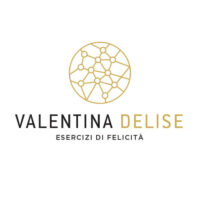Breathe.
It’s gonna be all right.
Breathe.
Some mantras, some reminders that we should repeat to ourselves more often, especially when we seem to drown in our society that moves too fast, that is too demanding, too much. Just like surfers, we should learn to focus on things that make us feel good, instead, to invest our time in what we love, and loving ourselves above all. In short, we must breathe, an apparently “obvious” action as much as it is rich in meaning; this is the reminder that Margot Sikabonyi gives us with her book “Resipira!”, and there’s more.
In a sort of path that follows the stages of Margot’s life and career (woman, actress, yoga & health coach, and mother), what we discover, or rather, what we acknowledge we should pay attention to, while we read, is the importance of emotions, of the “I” to be shouted and defended, of the “no” as a value of change and acceptance, with some practical advice to get closer to yoga. A journey, Margot’s and ours, inside, through, and outside, with one destination: the awareness of the present moment and, above all, of our own value.
First things first: how are you?
I’m very good, very grateful for this personal moment of mine, and I’m listening, given the Covid times we’re going through. I’m in a listening mood, and in a state of gratitude, as well, to be honest.
You’re a mom, yoga lover, actress, and now writer, too: what’s the best emotion and challenge in playing all these roles?
I’m a mom with the passion of yoga, an actress, and a writer: correct, I’m a lot of things that, paradoxically, though, are sort of a whole, to me, they represent what I believe in, that is the power of sharing and communicating. So, through my acting job, I can communicate what I feel and think, and my journey as a human being on this planet. Through yoga, I communicate the exact same thing, to be present to myself, the importance of listening. In this book, I’ve precisely tried to put all this together, yoga, acting and everything it taught me, my journey as a health coach as the only way for me to communicate how important it is not to feel alone, how much we are not alone, how much we all are on the same boat, all part of this community called “human beings.” So, they’re all different things which, however, group together one single root that is, to me, sharing, listening to myself, and, as a consequence, to others, so I don’t actually see those as separate roles.
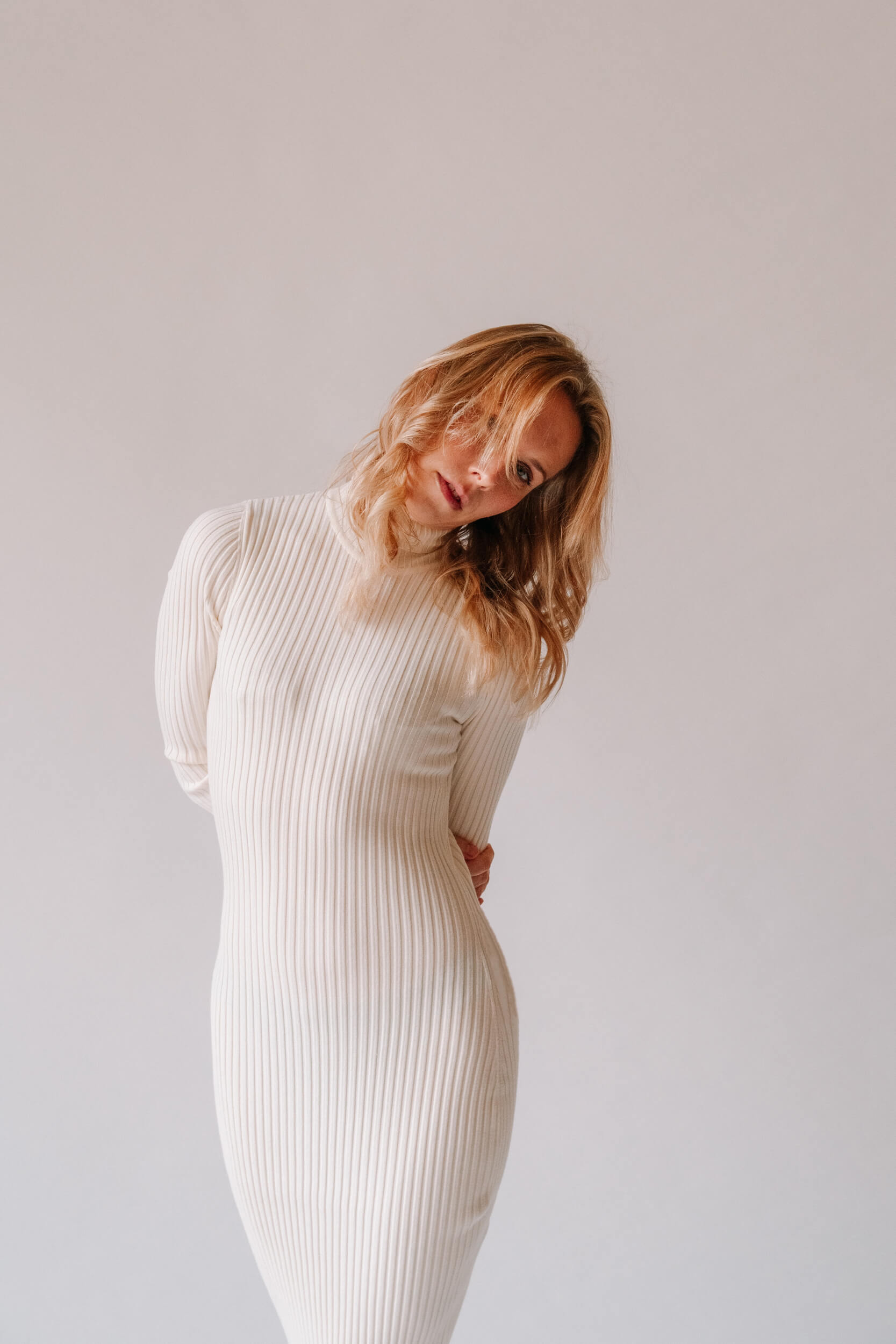
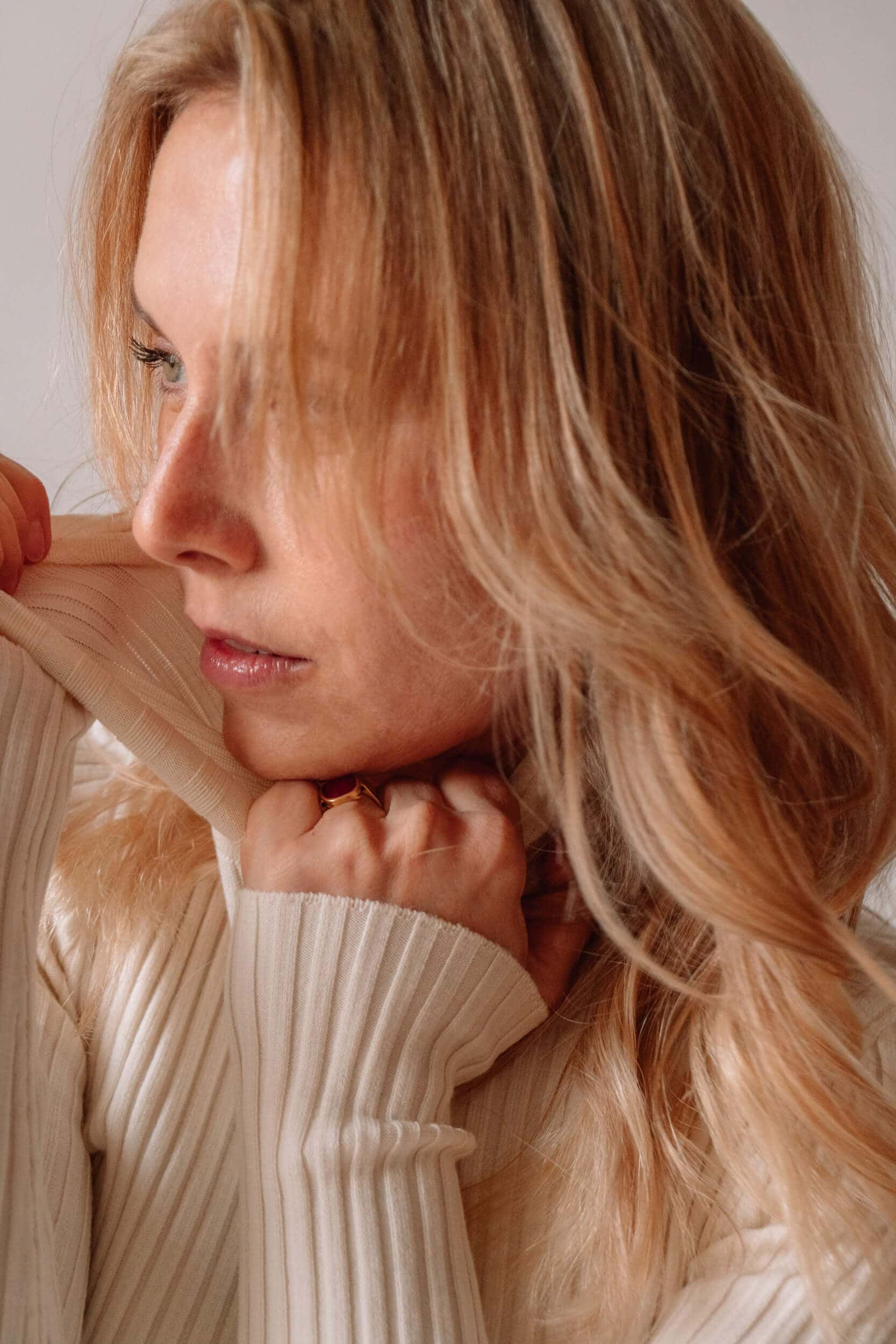
“We all are on the same boat, all part of this community called ‘human beings’.”
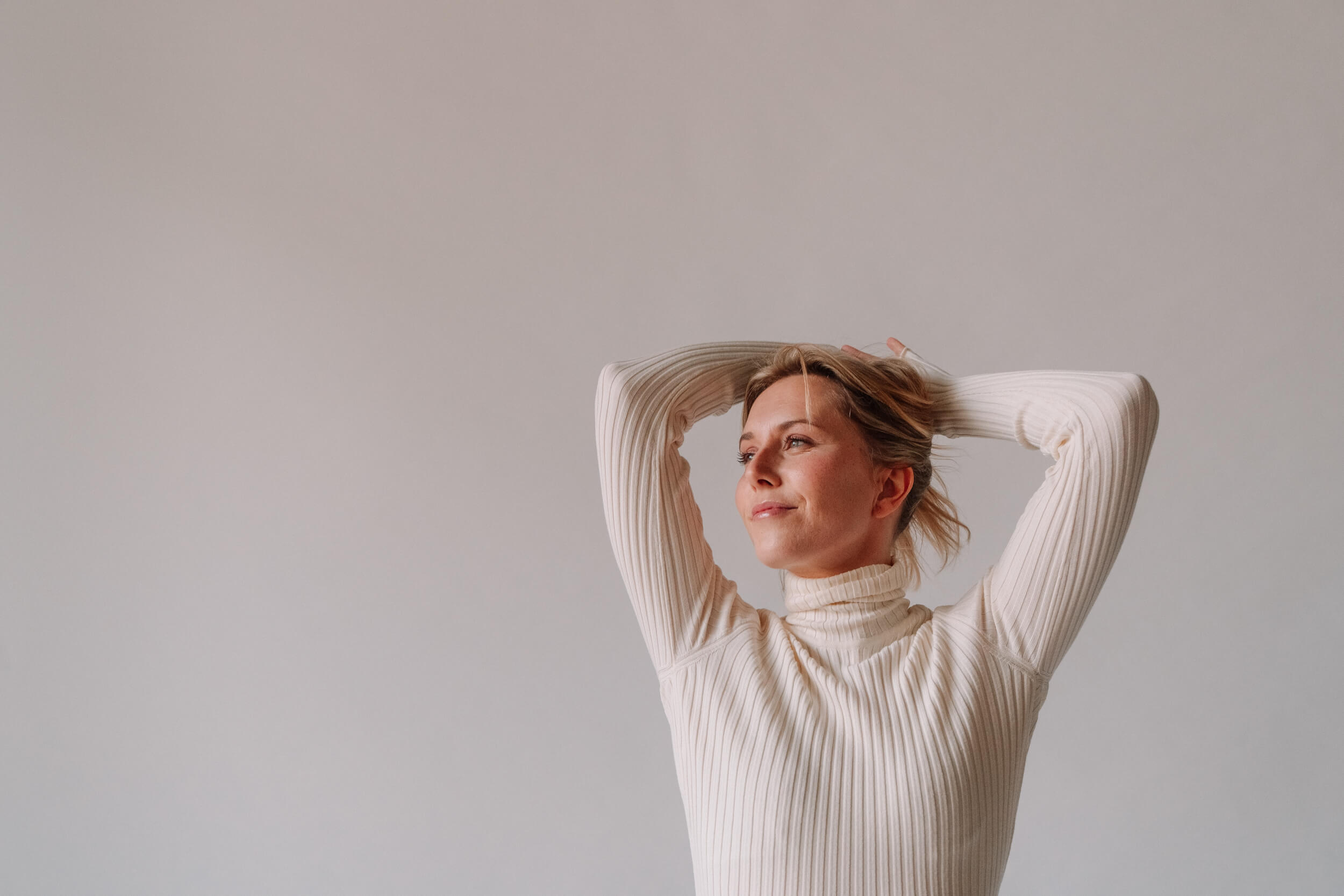
“Respira!” (“Breathe”) is a book about yoga, about listening to oneself and finding oneself, but, as you mention in the introduction, it is above all “the story of a resumption of power:” when and how did you understand that your moment had come to take this step?
Respira!” (“Breathe!”) is a book about yoga, about listening to oneself and finding oneself, and about the resumption of power because, when I fully breathe within my body, I’m present to myself, all my emotions, everything I feel, all my deep truths, that’s when I resume my power, the power of not letting anybody divert me from my own path, not giving power to others, to other people’s judgment. That’s what yoga has taught me, that’s what has helped me breathe: to be aligned with myself, aligned with my values, with my truth, which is not a truth imposed from the outside, especially in our post-modern society, so focused on success, on what we see on the magazine covers, on what we see on Instagram. A resumption of power that has to do with my own truth, my values, what I believe in, a deep listening to what I am. So, when I breathe well in my body, I resume power and the awareness of myself, that’s where the title of the book comes from.
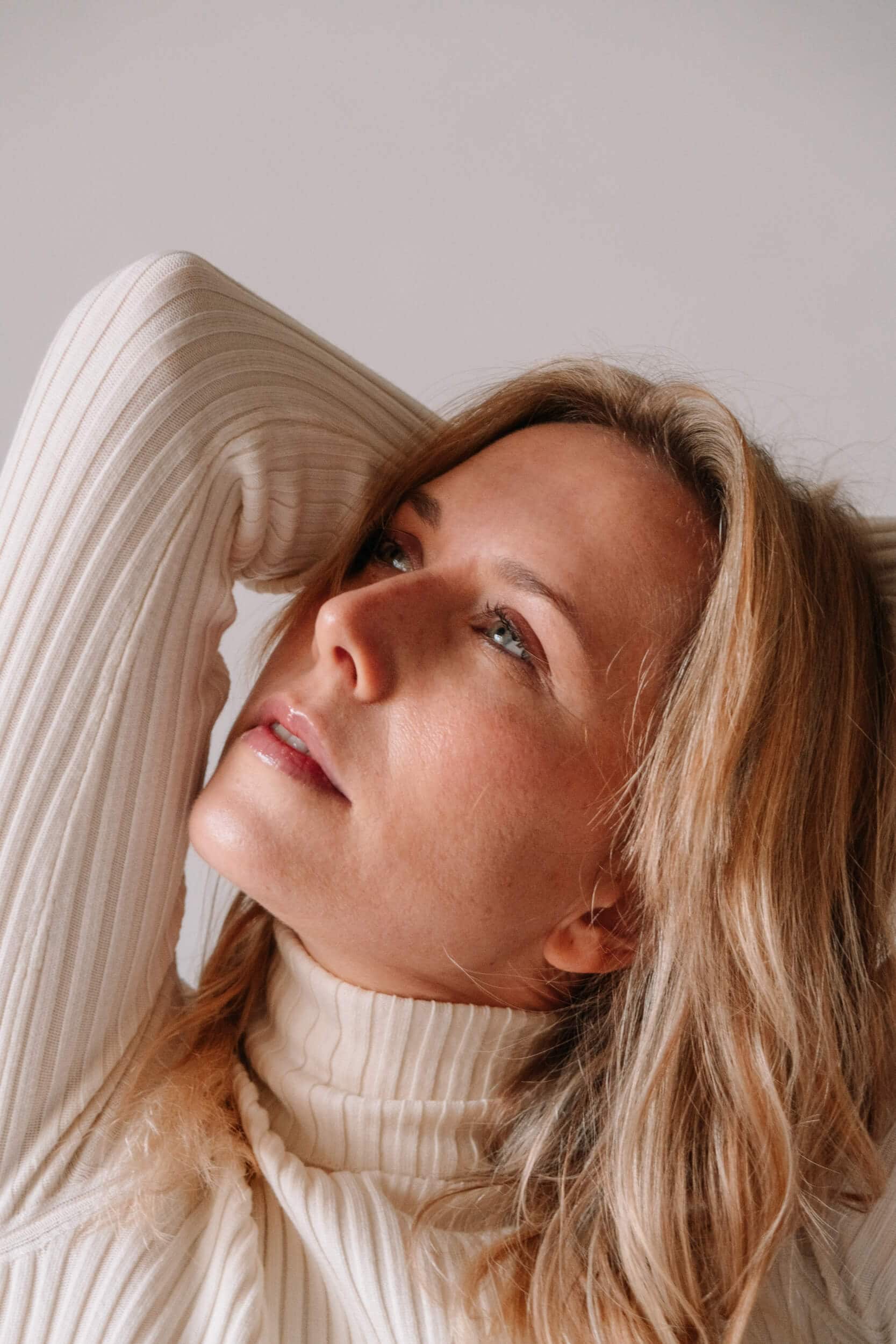
“A resumption of power that has to do with my own truth, my values, what I believe in: a deep listening to what I am.”
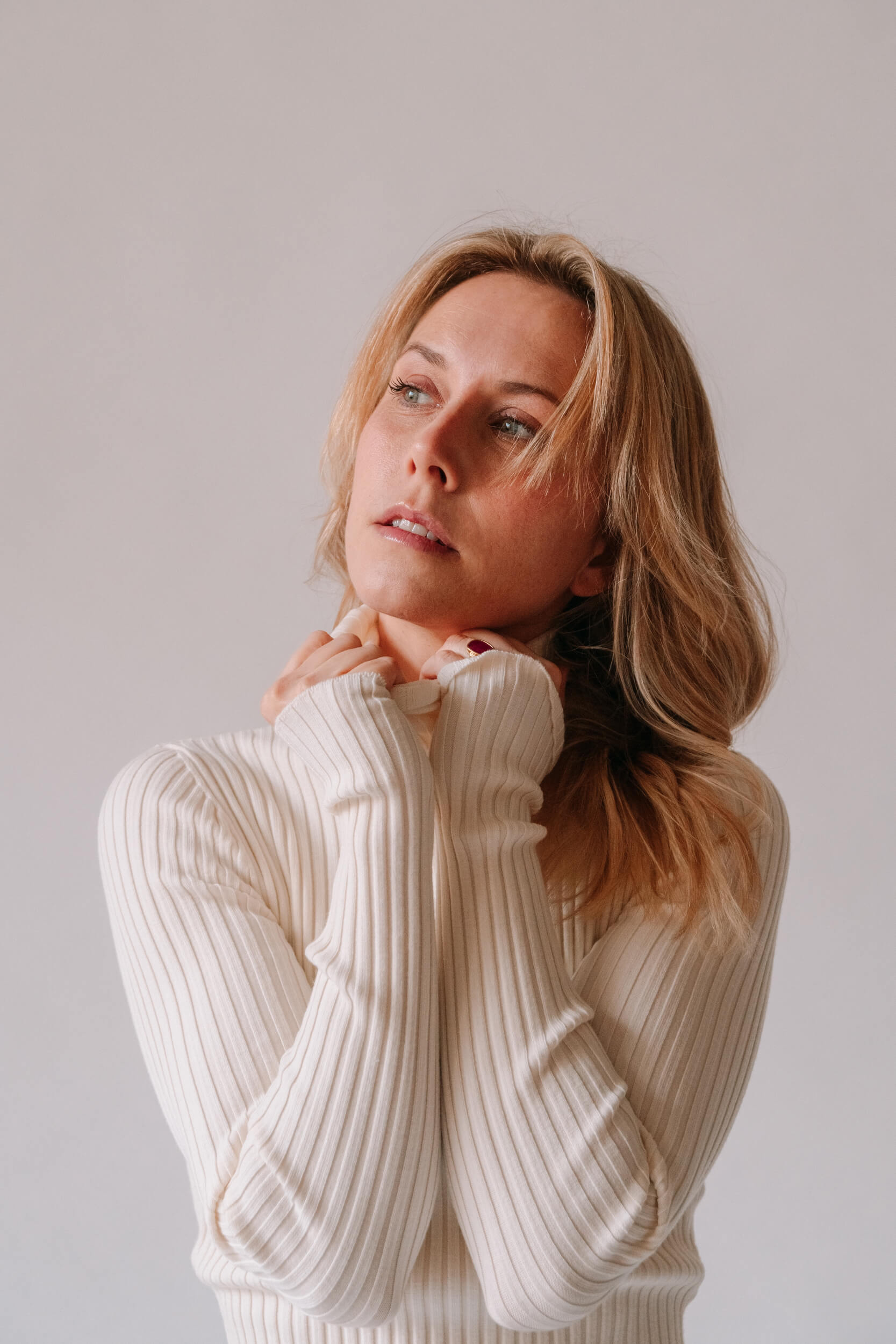
You often tackle the topic of change, a challenge that feels intriguing and scary at the same time: how do you personally deal with fear?
The fear of change, which right now feels particularly real, is actually a topic I’ve dealt with as soon as I started my journey because it soon became clear that what was scary was the possibility of growing. So, I remember that, once I became aware of this, as soon as I felt scared, for example, of some project that seemed bigger than me, I immediately knew that I had to say “yes” to that because that fear was precisely a sort of thermometer of how much I needed that very experience, of how much I needed to get in there, instead, because my comfort zone is the place in which I hide, it’s a golden prison which doesn’t give access to change; change, evolution, and transformation happen outside your comfort zone, so outside of everything we know, outside our certainties, outside the feeling of control over things we have.
So, the more something scares me, the more I know that’s the right direction for me.
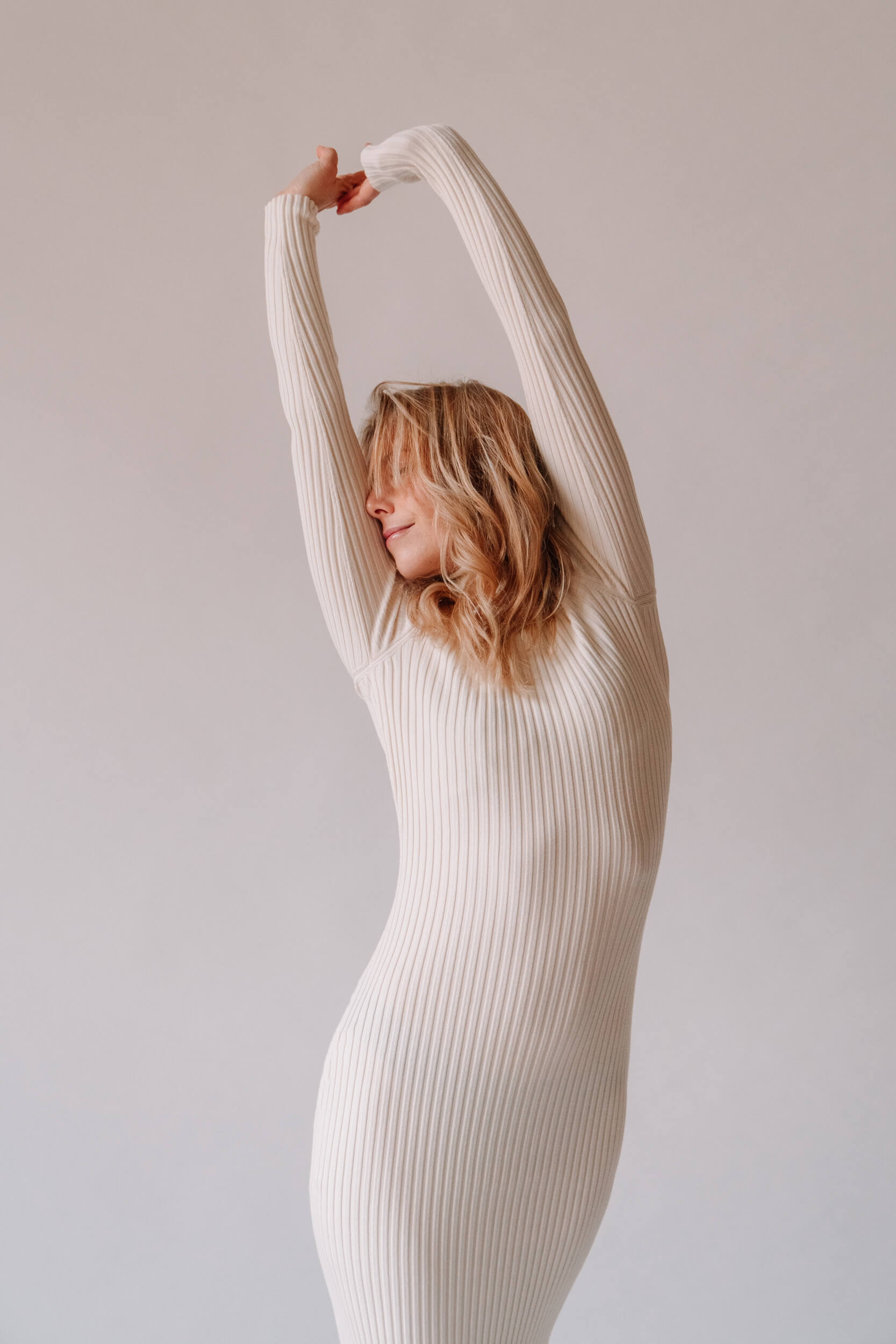
“Change, evolution, and transformation happen outside your comfort zone”.
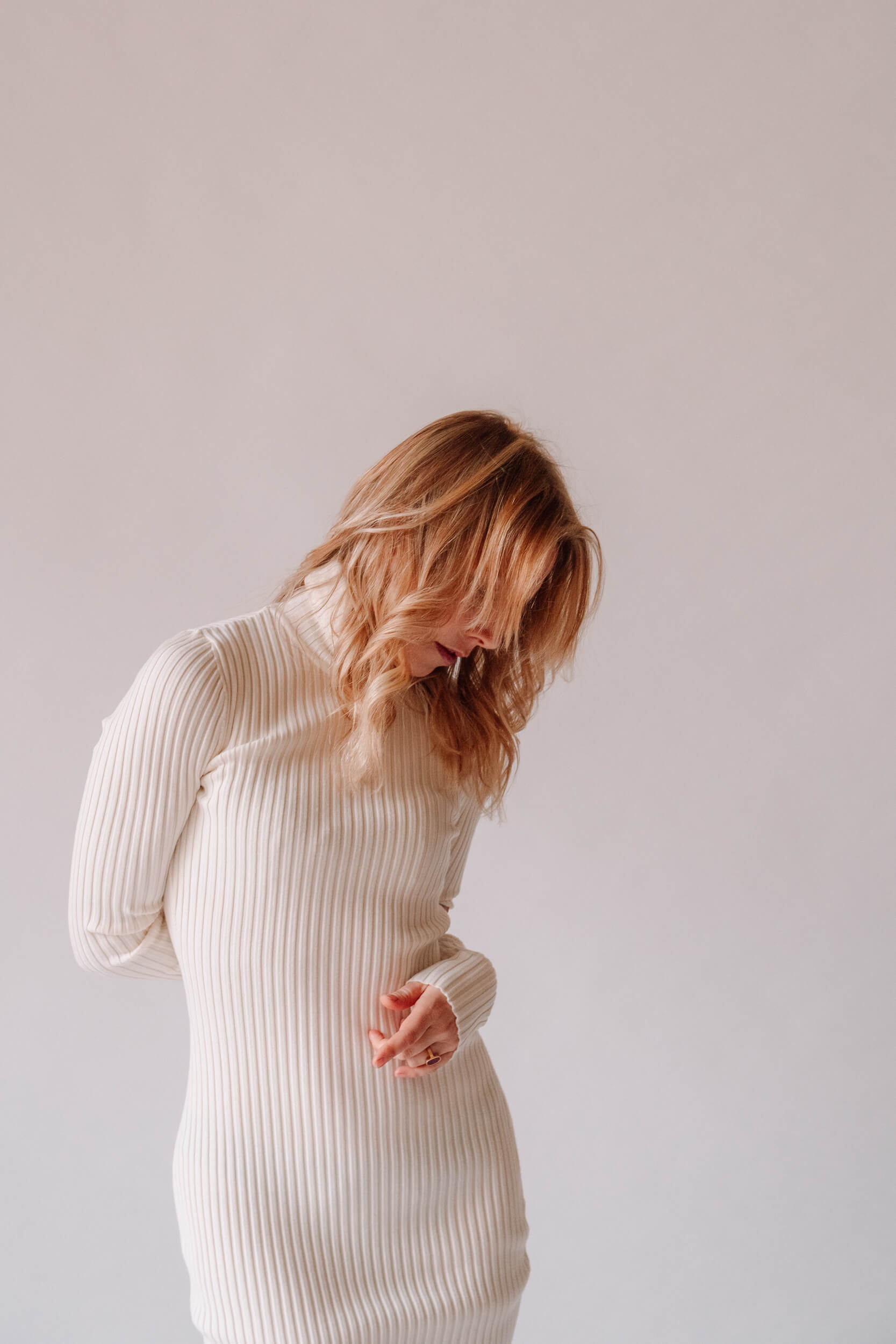
You also talk about the power of the words “no,” “if,” and “I:” what do these concepts represent for you? And how can you balance them in your life?
The concept of “no” is a very powerful one, against which I fight on a daily basis because to be able to say “no” these days feels very hard. I was taught that to be a good girl I had to say “yes” all the time, step aside, accept other people’s judgment, consider it as a priority. I can only say “no” when I’m aligned with myself when I breathe in my body when I listen to myself, that’s when I manage to put some boundaries between myself and the others because there are boundaries to respect, I can’t let other people in and take my space and pieces of me. I’ve let this happen for so many years, I used to let other people direct my path, make me feel smaller, inferior, not enough; I used to let them take pieces of me and spaces of mine, but to be able to say “no,” to put boundaries, is very important and it is part of the process of deep love towards ourselves, and the resumption of power.
The moment I love myself deeply and welcome my integrity, I become stronger and able to love other people with a deeper, purer, and healthier love because I’m out of that mechanism in which I jeopardize myself and engage with someone else in a game of, “but I gave you all this, how can you not love me now, how can you say ‘no’ to me?” or “if I don’t say ‘no’ in the first place, I can’t accept a ‘no’ from the others.” Everyone is responsible for themselves, so to accept my “no” means to accept other people’s “no,” the world’s “no” because things won’t always go the way I want. So, it also means to forget a little bit about this whole idea of “victimization,” those kinds of thoughts like, “wait, I’ve done all this but then things don’t happen.” This, too, is life, to learn to float into the permanent waves of this existence.
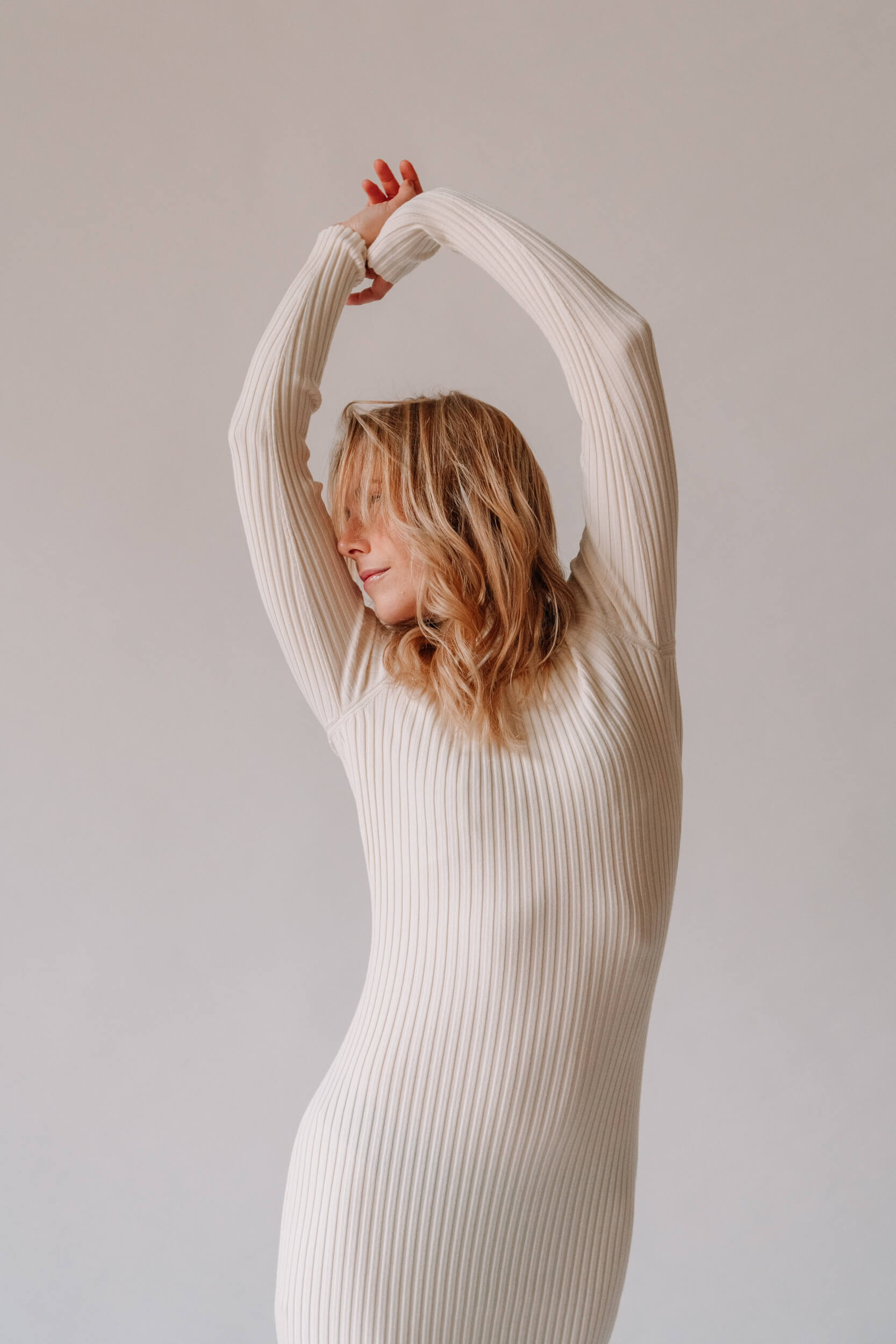
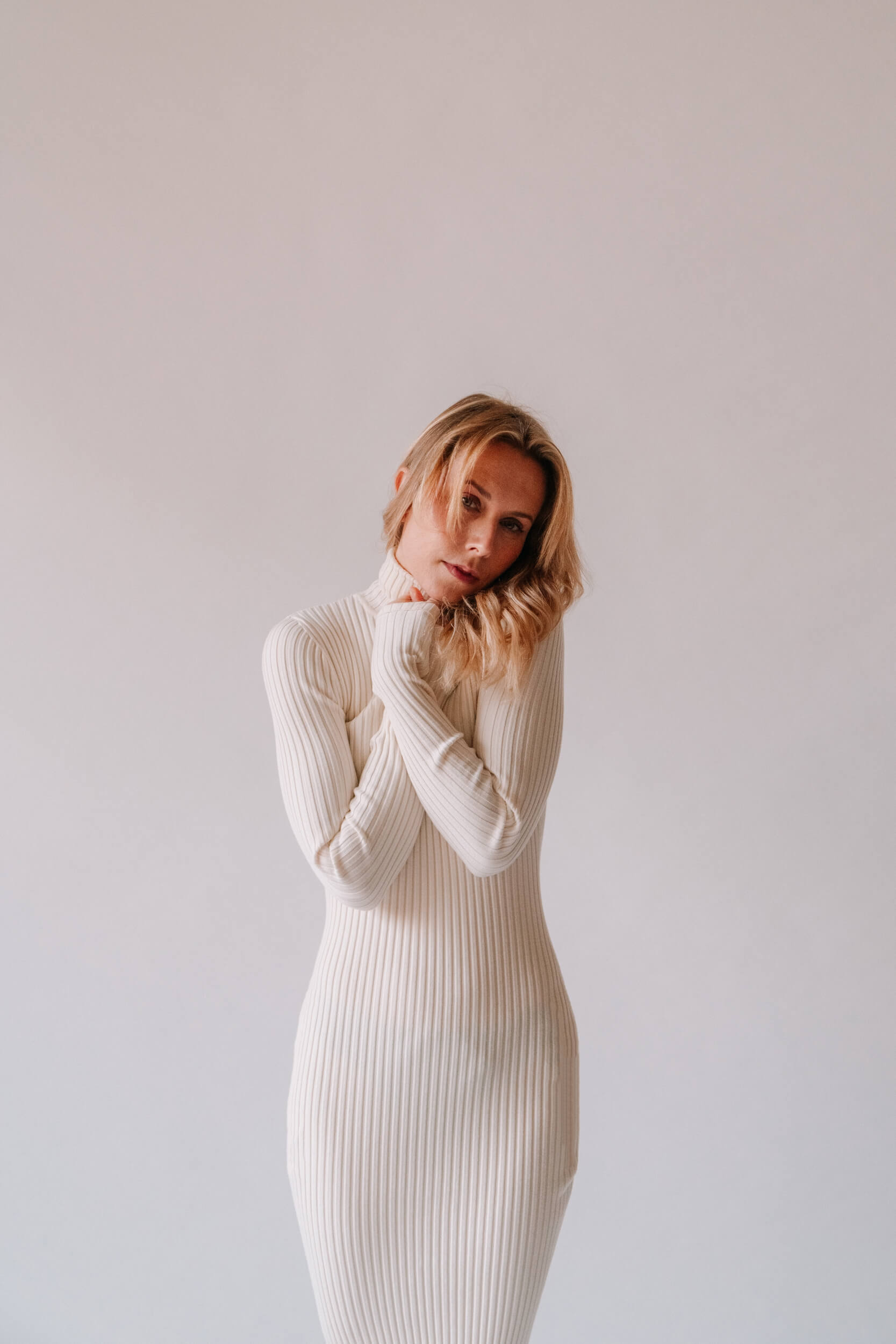
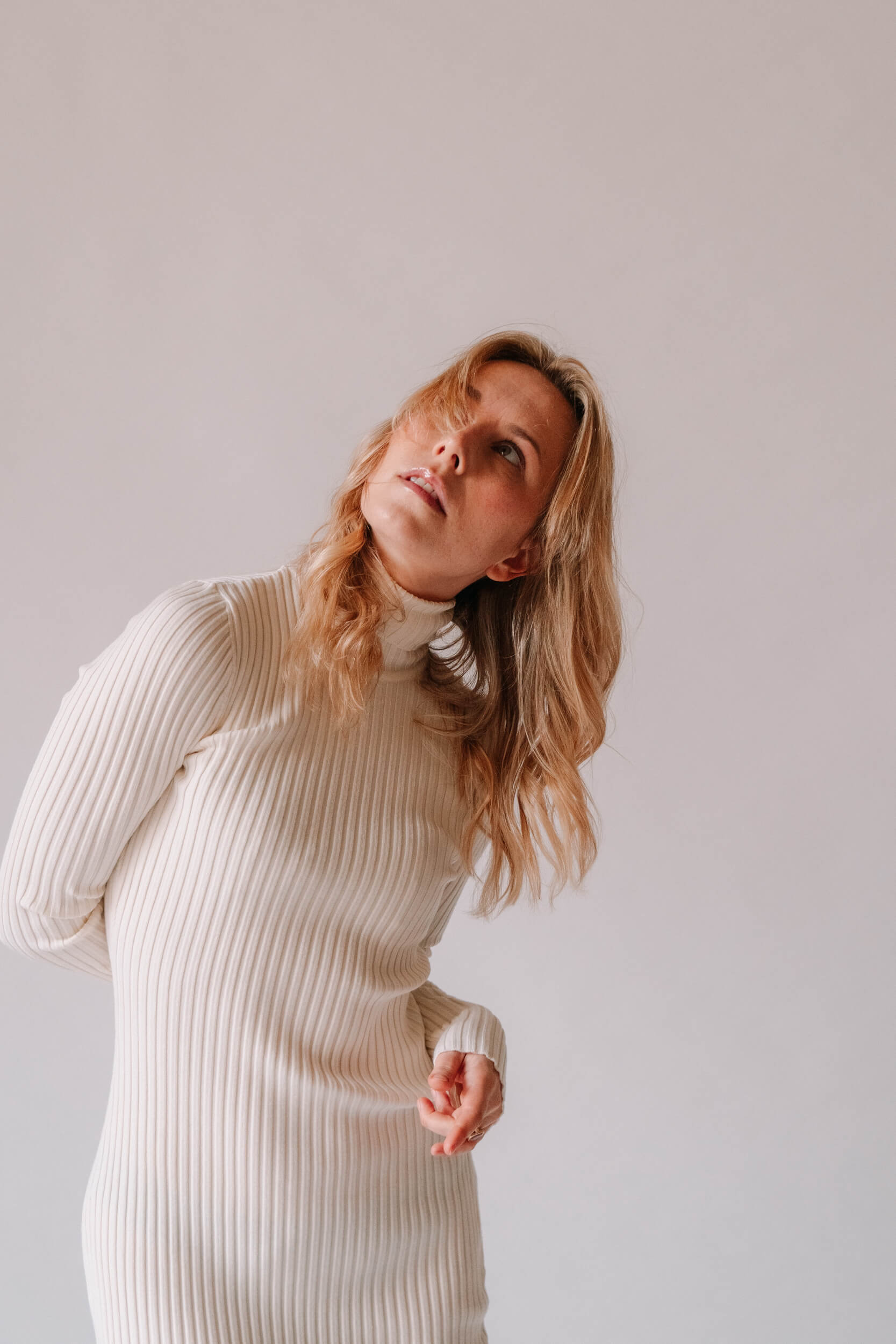
The most powerful/representative word in your journey of growth and discovery.
I think it’s “I,” and it’s a strong constatation, what I’m about to say, that when I say and vibrate the word “I” out loud, I take my power back, I take my space back, and the moment I’m rooted in myself, then I’m a healthy tree, I can build a healthy forest amongst other trees, and create a healthy society. I think it is, again, about taking one’s self back, which doesn’t mean to be selfish, to only think about yourself because, as I manage to be filled with me, it will come naturally and I will want to love my neighbor more and more deeply, but if I don’t love myself first, I will never be able to love the others. I remember these exercises I used to do during the bioenergetic therapy I’ve been in for years: we used to say the word “I” using our arms and feet, as well, just like children do when they say “I, I, I,” we used to say it with punches and kicks. I remember this made me cry my eyes out when I used to vibrate “I” and I felt it in all the cells of my body, it was an extremely powerful resumption of power, a moment of deep awakening.
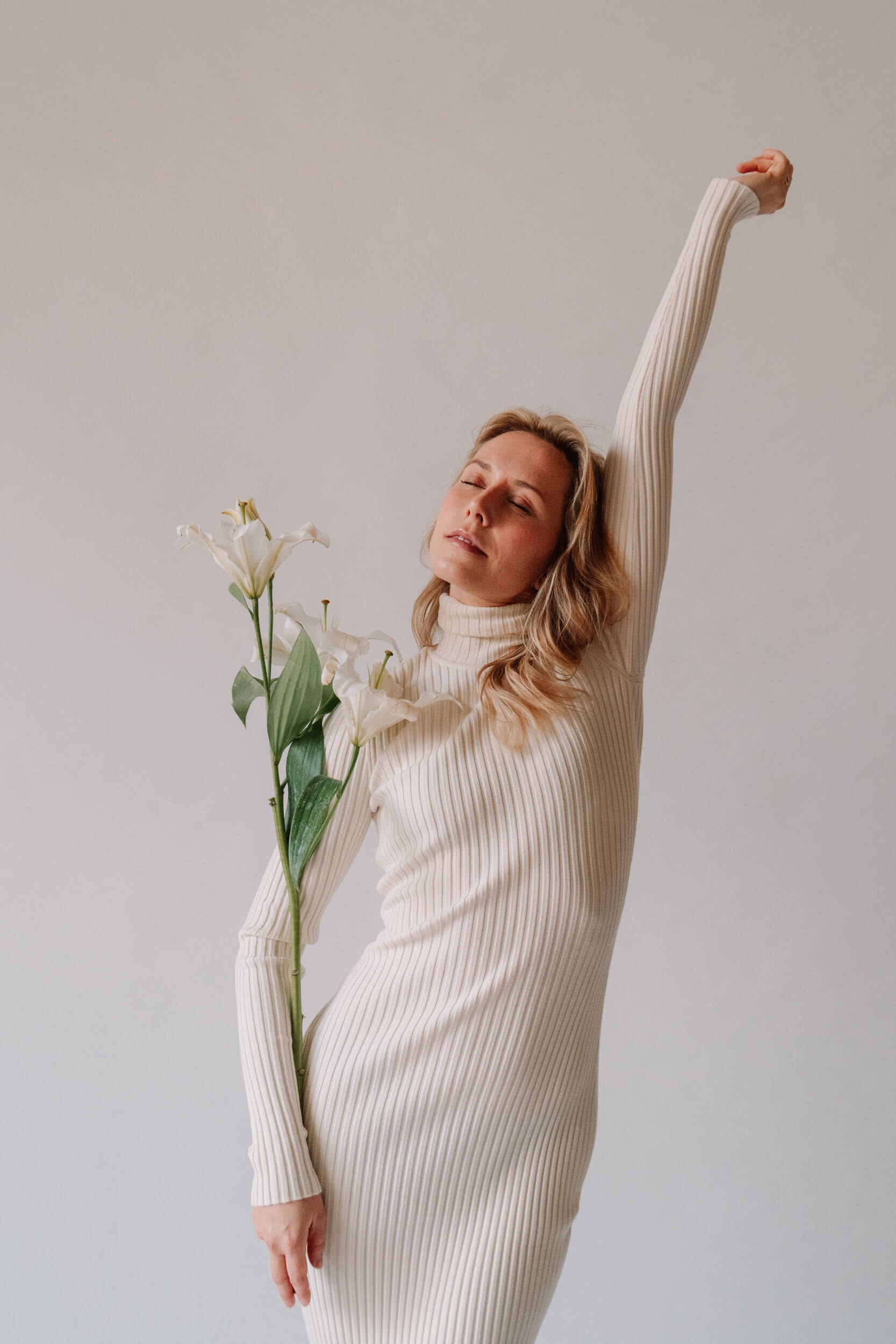
“The moment I’m rooted in myself, then I’m a healthy tree, I can build a healthy forest amongst other trees, and create a healthy society.”
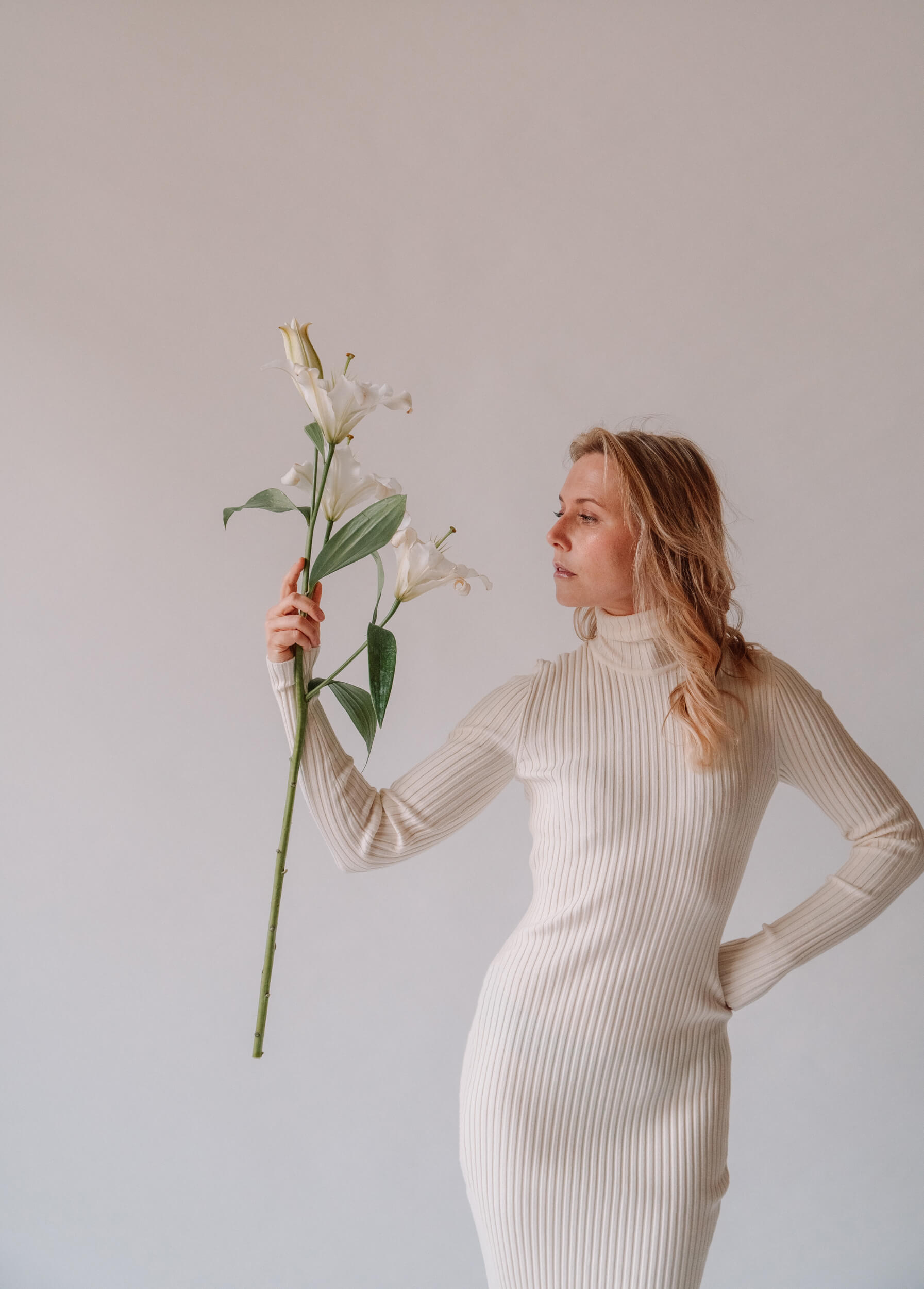
You also write about the influence of social media and what they do to us: in your opinion, what’s their biggest virtue and their greatest flaw?
I agree on the triviality of the issue because, on one hand, they’re a huge possibility of creating communities, building bridges, and I’m making great use of social media to build bridges with people and convey the necessity I feel for every single one of us to resume their own power; on the other hand, I’m aware of how destabilizing it feels when I’m not connected, centered, like people who unfollow me, likes that I don’t get, they bring me far away, out, they destabilize me. So, this liquid society in which we’re living is actually a huge opportunity for broad-based communication, so a way for us to not feel alone anymore, but it works so fast, everything is so instantaneous that people only need a wipe and that’s it, they don’t listen to you anymore, they don’t take their time to think, and I believe this brings us closer, but also farther away.
In the book, you talk about your studies and work experience on both international and Italian sets: what did you learn from these experiences, both on a personal and professional level?
My learning experience is not over yet because I’ve enrolled in college to study psychology, and I think I will never stop studying, I have already thought about the next course I want to follow. My experience on international sets was a huge thing, in fact, I really hope that we can soon go back to traveling again because, through the knowledge of what’s different from us, we learn to accept ourselves, our own diversity, the otherness, in a much deeper way. Moreover, it was wonderful to be an actress on foreign sets because there I was never Maria from the TV show “Un Medico in Famiglia,” I was just an actress, I was Margot, so I felt free to be myself. Something really important abroad is the ethic of behaving well, respecting others, so I felt at home because there your value depended on how talented you were, how you behaved with others, and not on how much you showed off, or how successful you could be, so it was really amazing to be able to expand myself through international experiences and studies abroad.
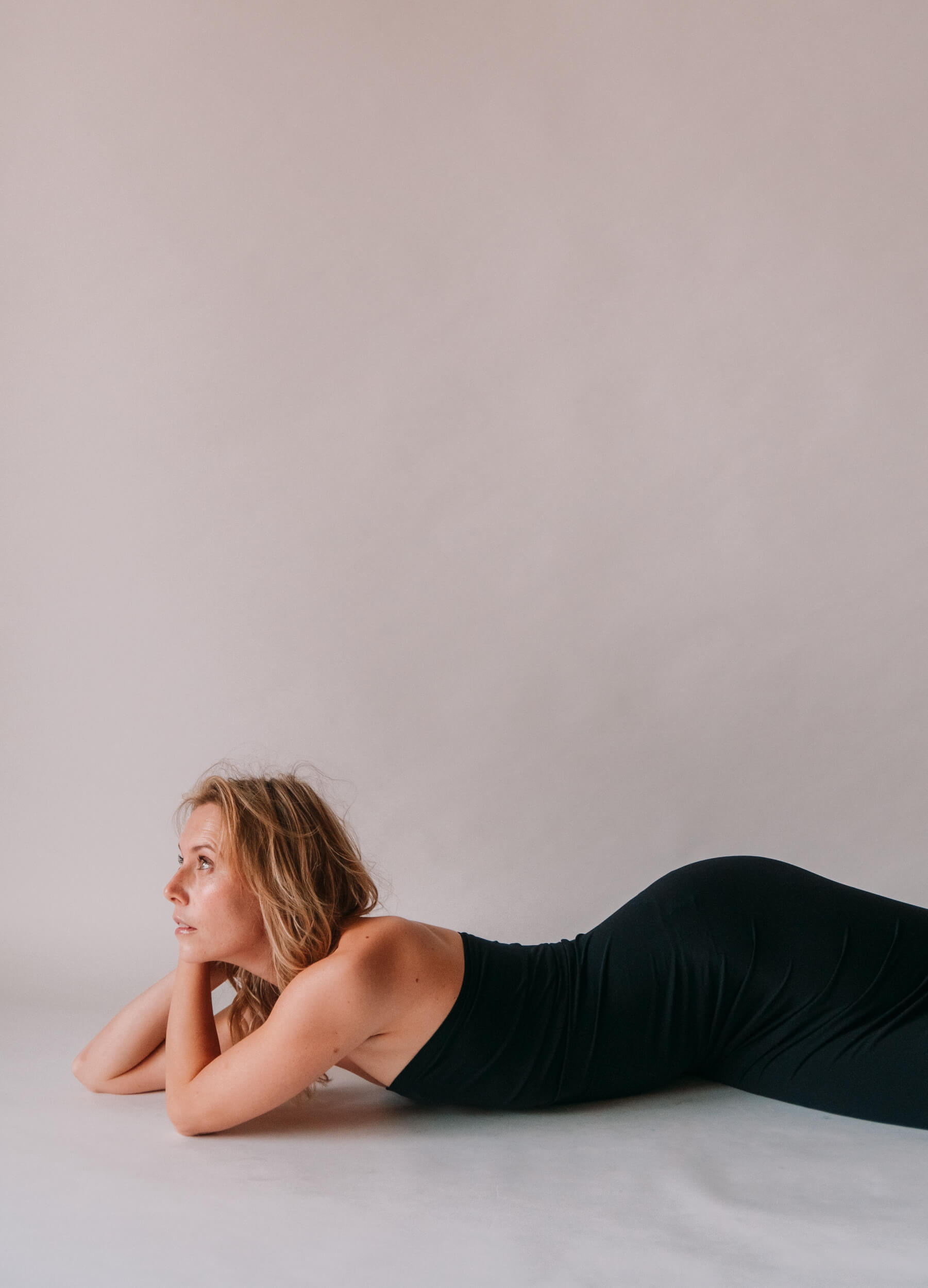
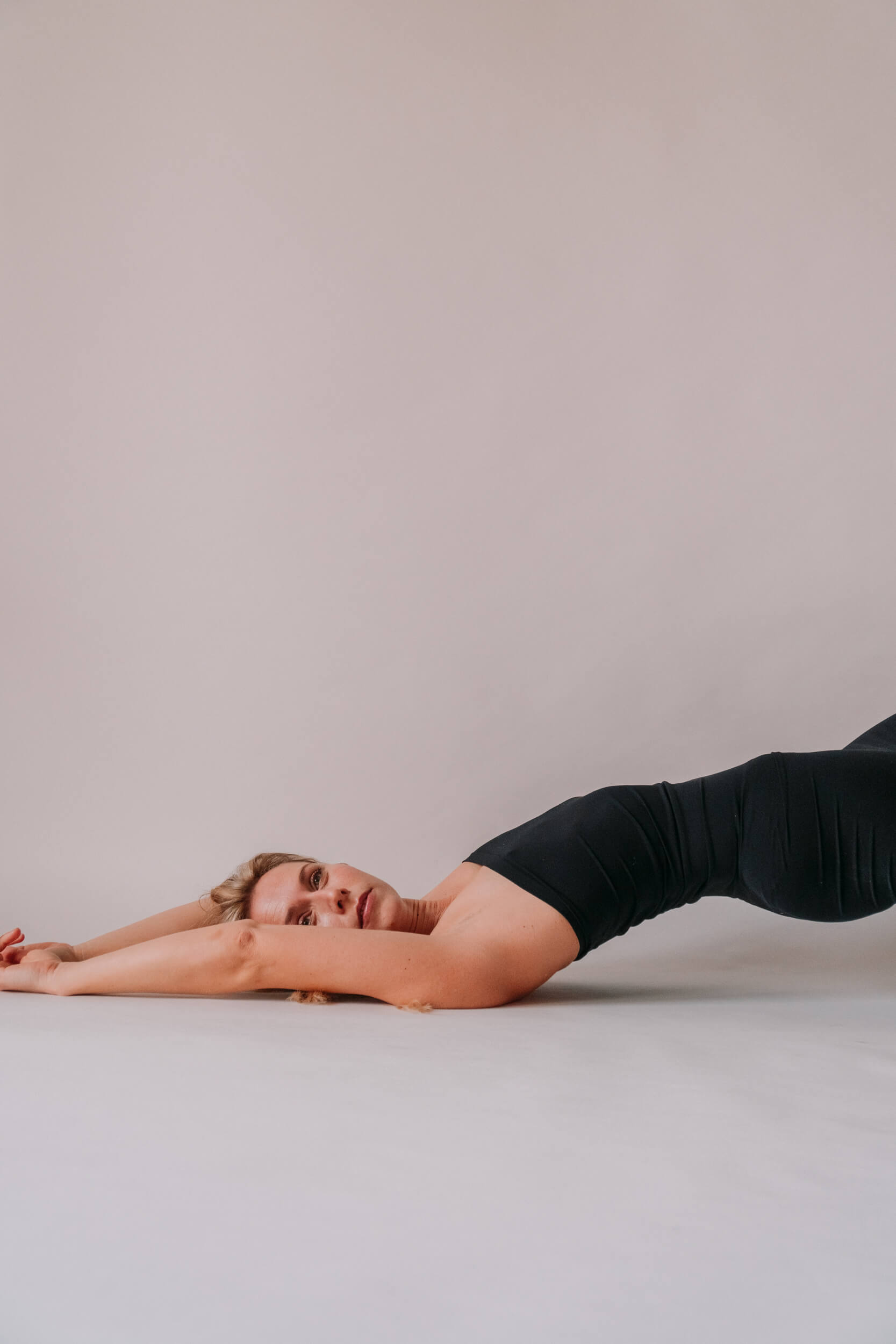
“Through the knowledge of what’s different from us, we learn to accept ourselves, our own diversity, the otherness, in a much deeper way.”
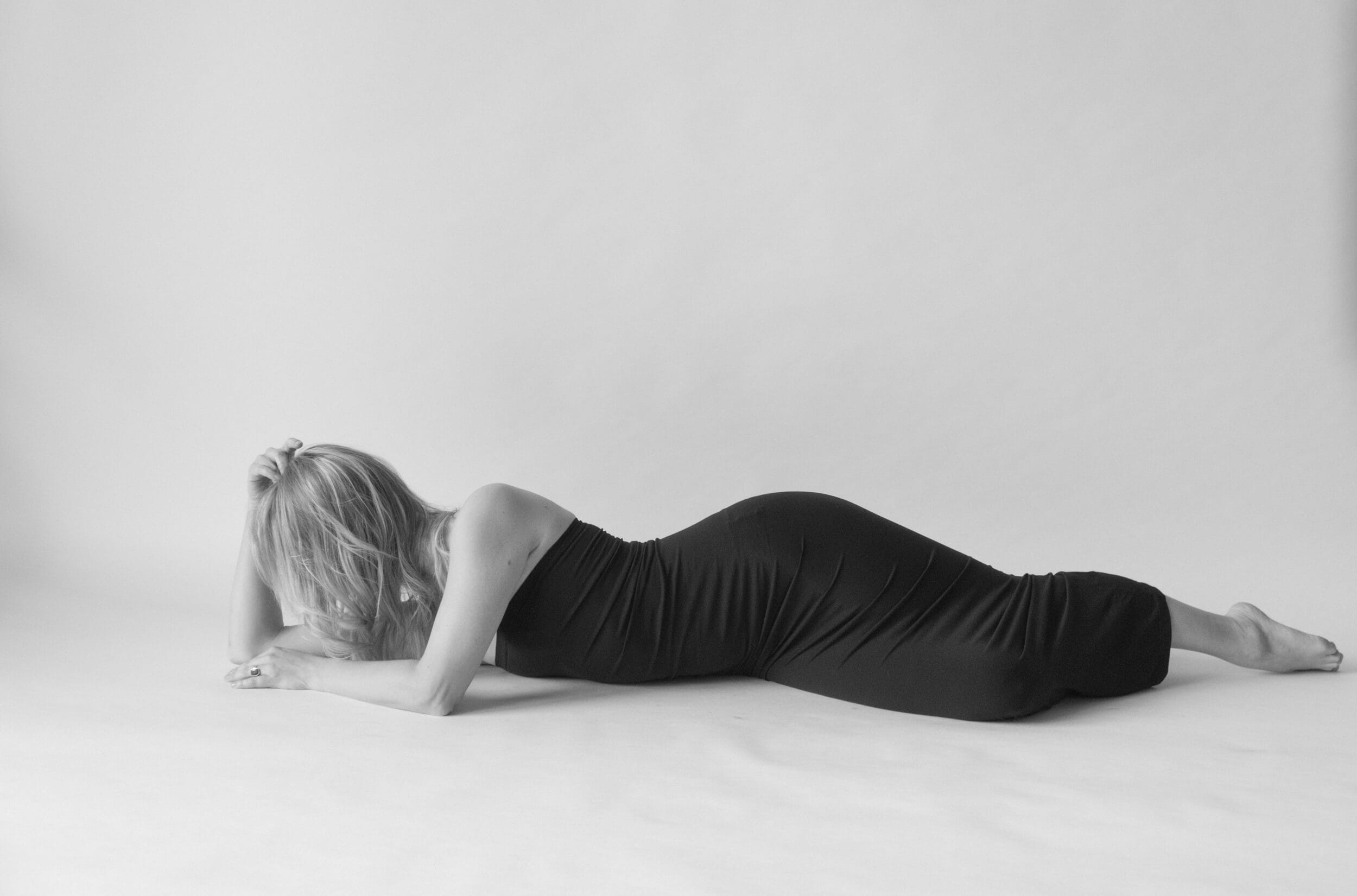
As far as acting is concerned, at a certain point, you make the following statement: “That child only wants to stop and listen to his own heart:” thinking back to your own journey, what do you feel, in your heart, as an actress?
My journey as an actress was crazy, and I’m deeply grateful for that because I’ve objectively been very lucky, and, at some point, I felt that this luck of mine had sort of turned into a small cage in which my “artist” self could not express freely anymore. Besides that, and above all, to find myself feeling small on a set, and having to do with successful actors who were somehow also imprisoned in some characters, in some external expectation, made me realize to what extent, unfortunately, success can truly be a double-edged sword because it prevents artists from feeling free to be themselves and listen to their own heart, the child inside of them, as our most creative and purest side.
To be a woman and to be a mother: has the experience of maternity turned out as you expected, eventually? In what way has it inspired you?
The experience of maternity was definitely very far from what I expected. I imagined an apocalyptically serene, natural delivery, I imagined myself as a mother who had everything under control, who did everything with ease, while the delivery was an odyssey of fear and pain, a real confrontation with reality, so it wasn’t really spiritual, it was the pure matter. Then, to hold a child in your arms, the huge, but also overwhelming responsibility of it all, on some level was a bucket of cold water in my face I’m really grateful for because it taught me, in a much deeper way, some principles that I’d already learned but that then, when I became a mother, turned into action: what was the real meaning of unconditional love, going beyond your struggles, beyond your limits – you think you have limits you can’t go beyond, but you can do much more instead. Maternity has been the most incredible school for me and it still is, constantly.
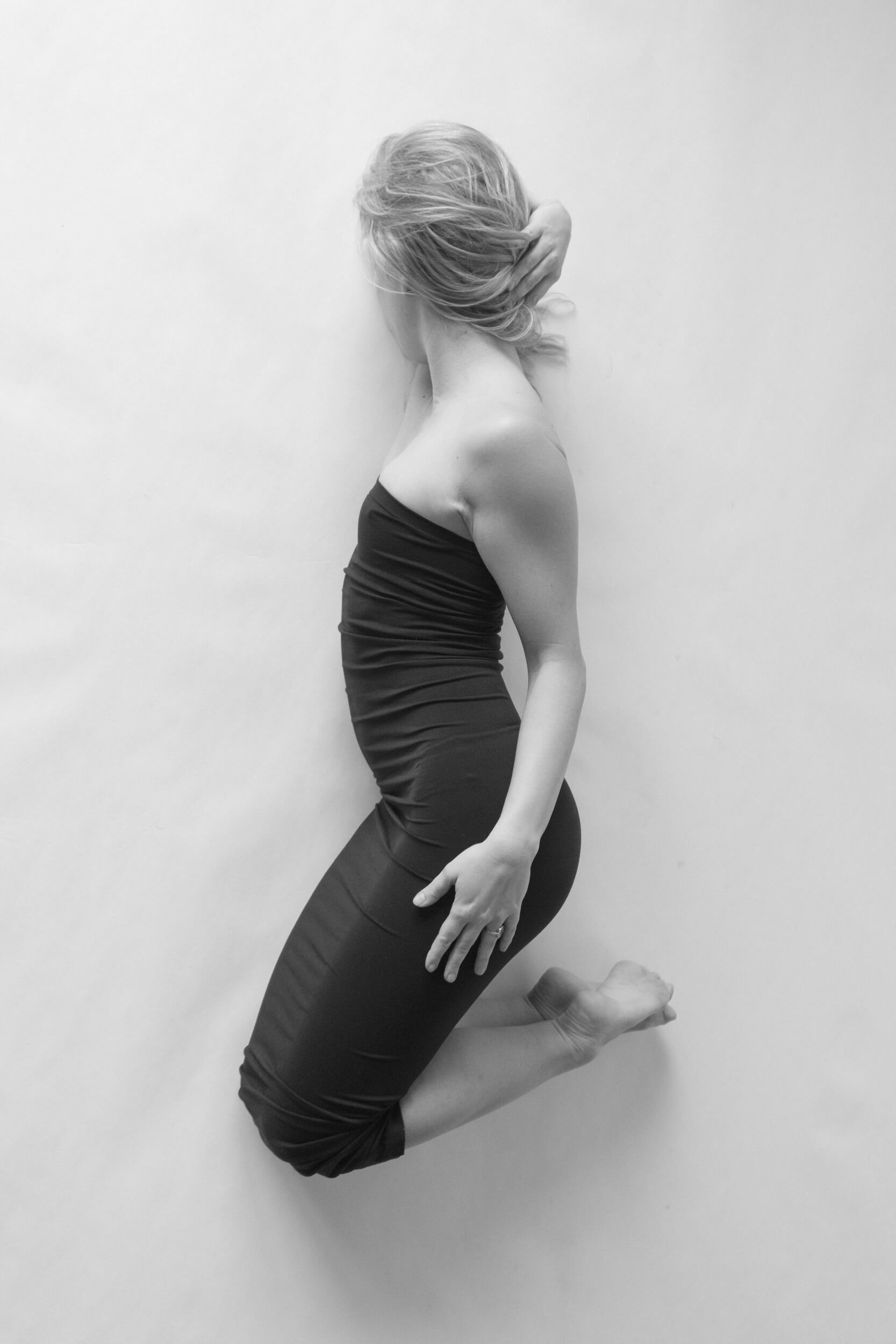
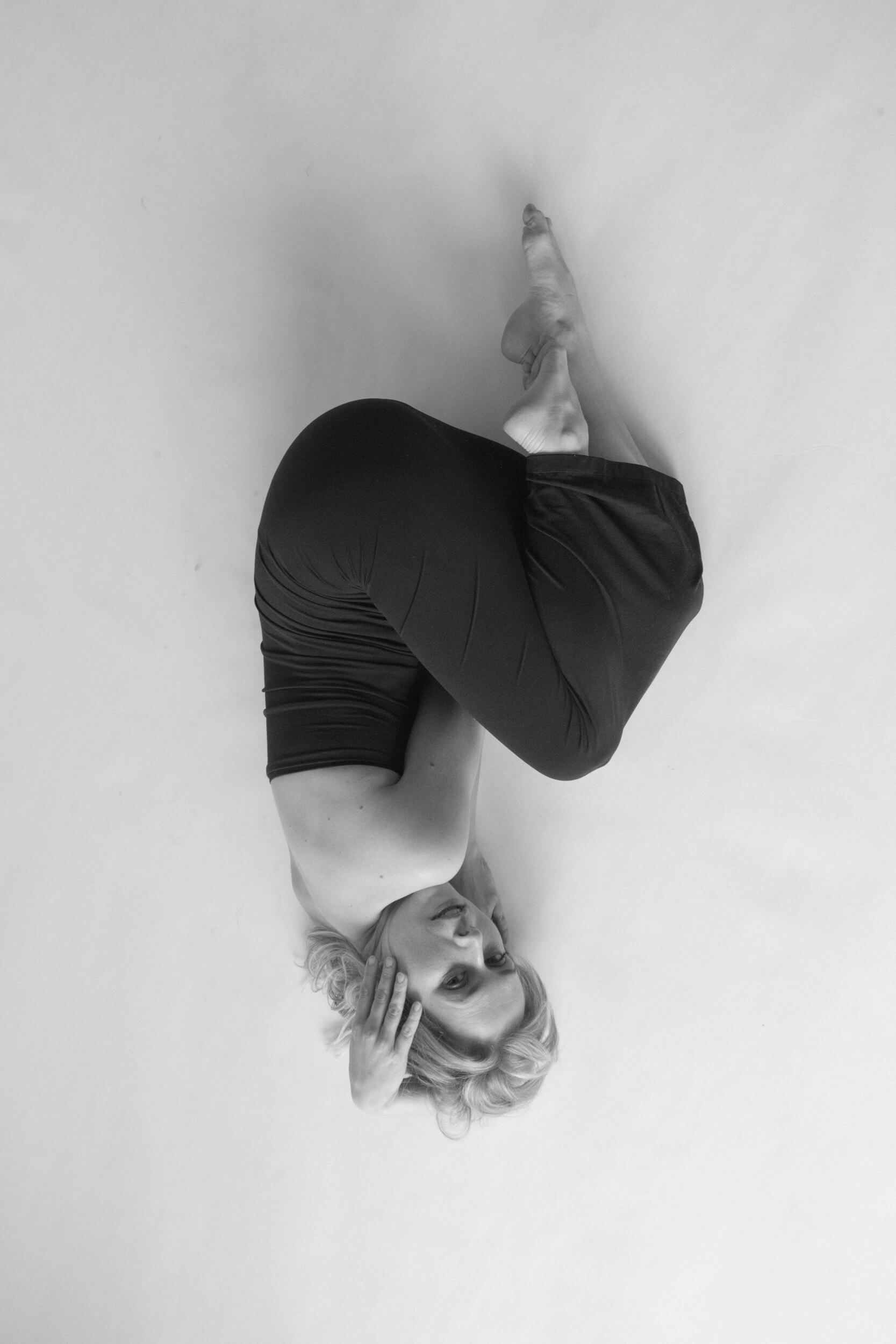
I’m not a perfect mother, and the experience made me reflect exactly upon this idea of perfect mother, perfect woman, which is unreal and we need to understand that as soon as possible because I see so many friends of mine, so many women struggling to admit they do struggle sometimes as if there still were some taboo, a stigma about a mother who struggles. Post-partum depression is so normal, instead, and much more support should be provided in this regard. After all, when we used to procreate in communities, we all leaned on each other, there was a community of women supporting every single one of its members, while now women are alone, especially now that women give birth alone in the hospital because of Covid, they’re isolated, so we truly need to pay attention to this concept of the mother who needs support because she’s the pivot, she’s the backbone.
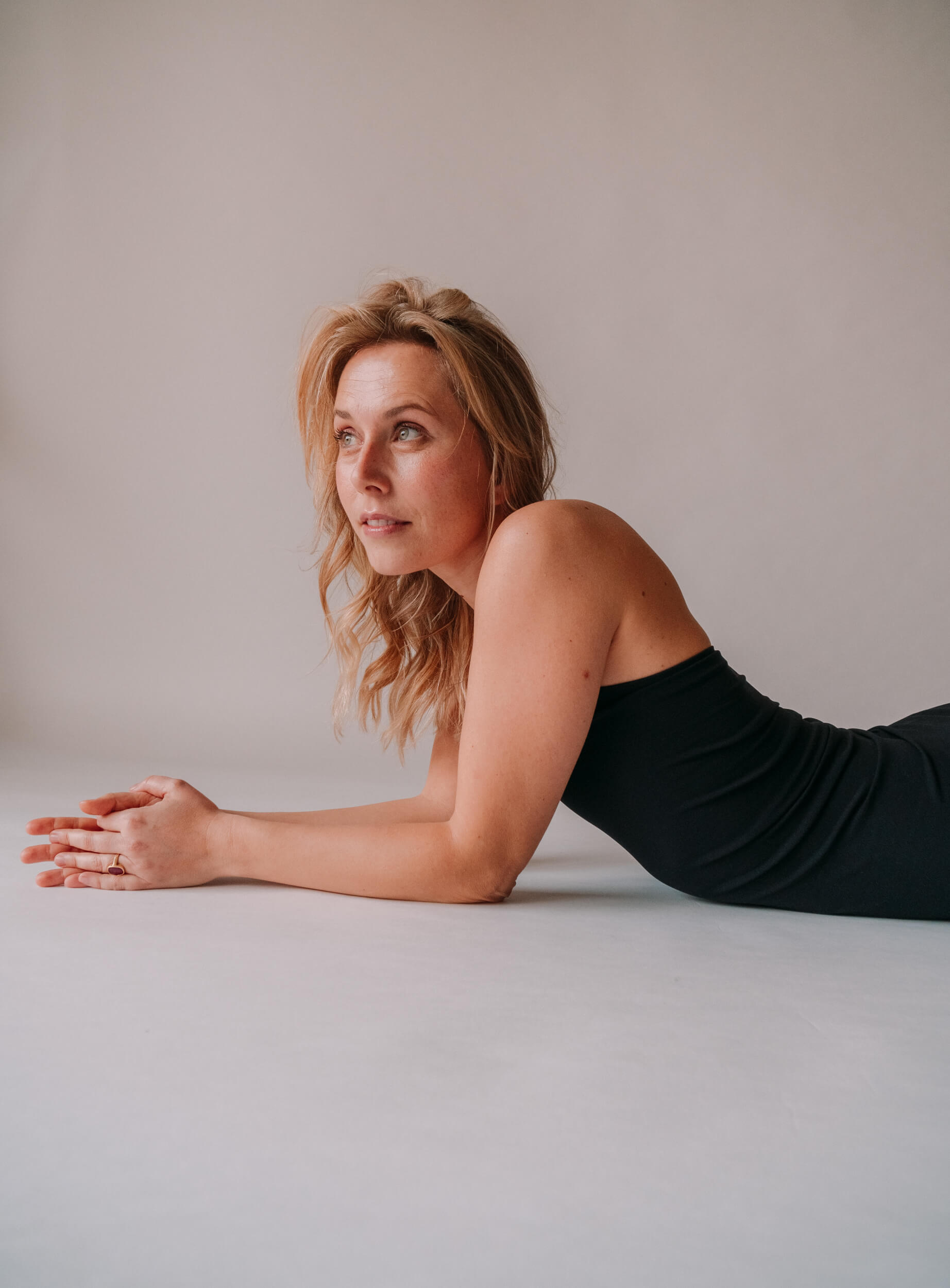
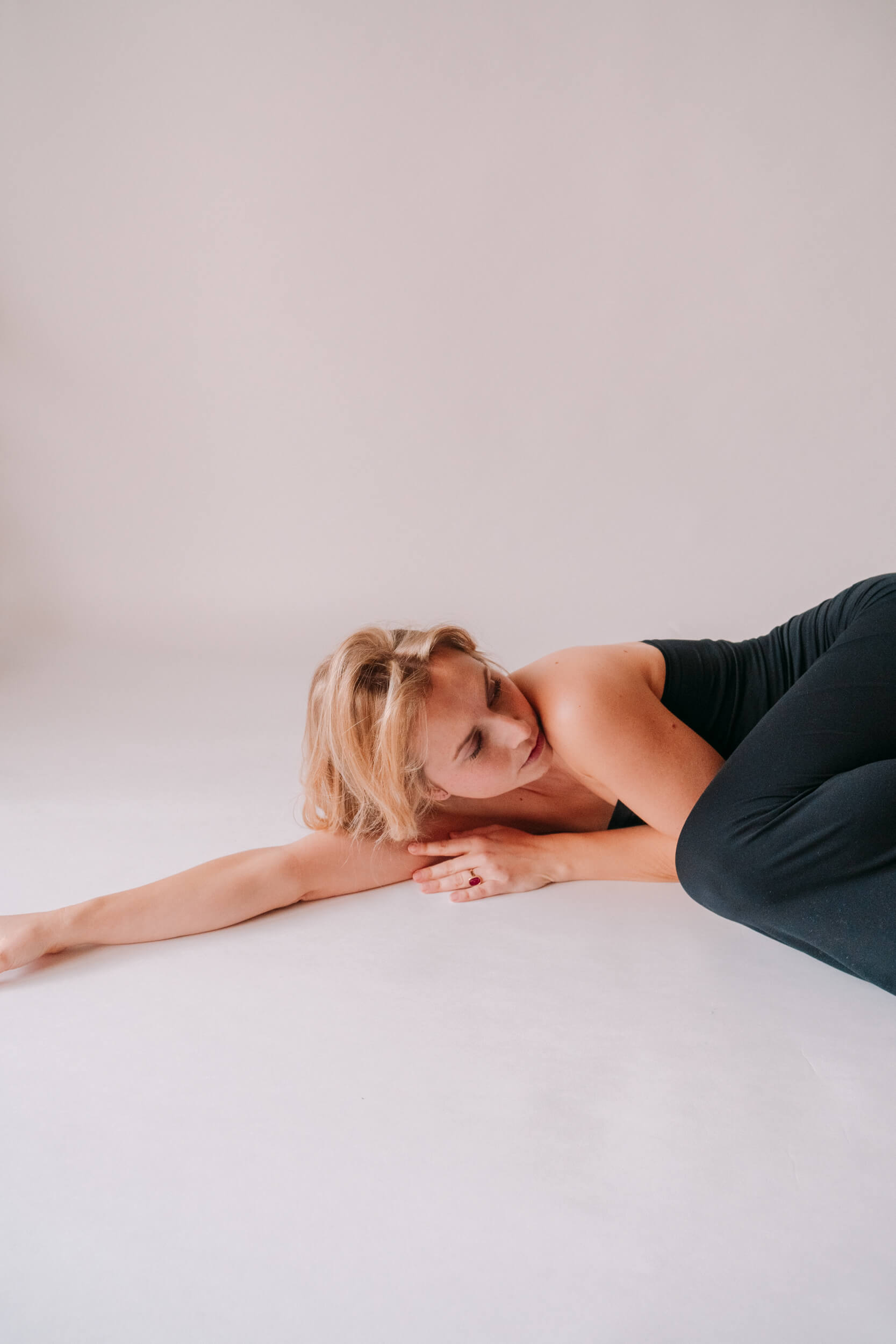
“Maternity has been the most incredible school for me and it still is, constantly.”
While reading the book, through your memories, we’ve also experienced several trips: what’s the most beautiful one you’ve had so far, and what’s the first place you’d want to travel to as soon as it’s possible to do so?
The most beautiful trip was going to Hawaii. There I found what I imagined was the soul of the Earth, the soul of nature, Mother Earth, in such a deep, constant way. When I was in Hawaii, I felt it in the air, it was like this kind of “mana,” which is, as they call it, the energy of the world, of the earth, and it was so powerful there. It’s a place where I’d really like to go back with my children. It gave me “surfing,” which is another therapy of mine, playing with the waves was an experience that led me towards the “game” mindset because life can also be a game, it must be. That kind of therapy too, allows you to align, to play in the nature is wonderful, therapeutic, it was a medicine; in fact, I remember I saw families, in Hawaii, surfing before going to school or to work: they all step on the surfboard, dog included, they surf some nice waves in the middle of the ocean, and then they go to work, and they also manage, after the surfing sessions, to say “aloha” to you because behind that “aloha” there’s an “everything will be all right,” behind that “aloha” there’s a “learn to float between the sea waves, learn to surf, learn to play, learn to be in touch with nature,” that’s why they smile at you, while getting out of the water, and they say “aloha,” with that very famous gesture of the hand. Behind all that, there’s the philosophy of getting in touch with nature and playing.
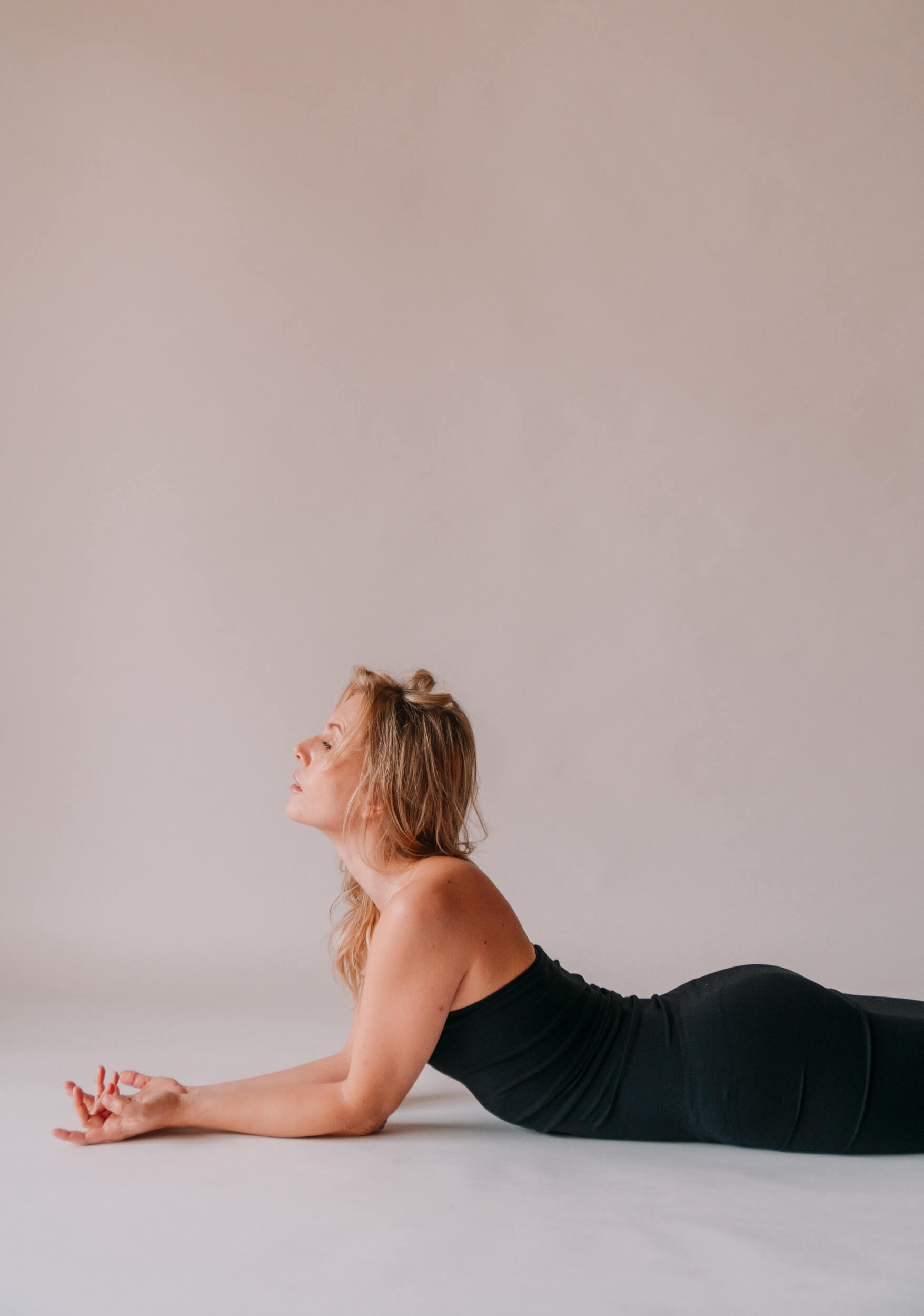
“…Learn to float between the sea waves, learn to surf, learn to play, learn to be in touch with nature.”
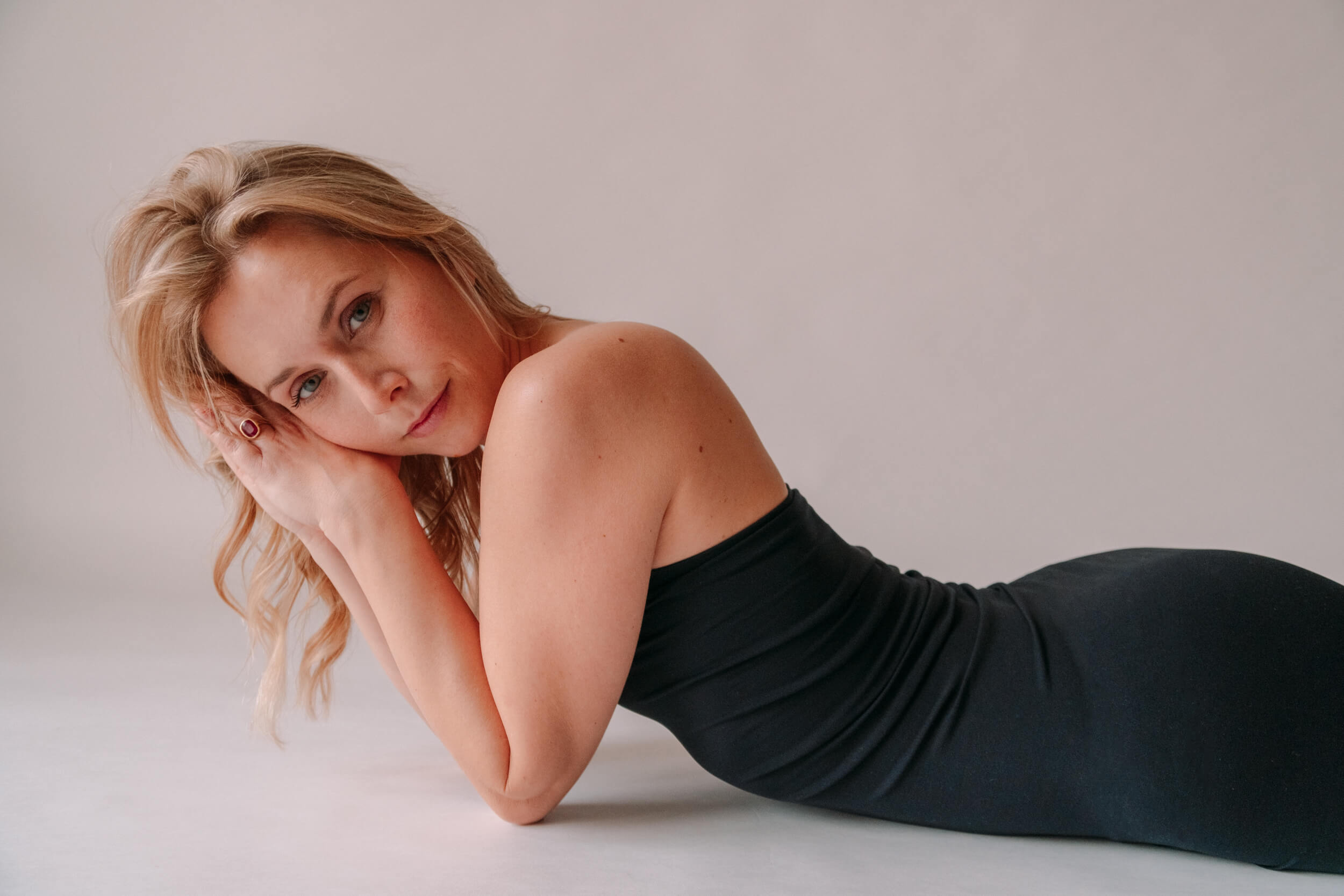
In “Respira!” we can also find a series of exercises and suggestions related to the importance of breathing and meditation: what’s your advice on approaching this practice?
I actually wrote the book “Respira!” ten years ago. I finished it last summer, for myself, and then I was contacted by a publisher. Paradoxically, this happened at the very moment I told myself, “okay, I’m finishing my book,” and my book editor reached out to me and said, “Listen, why don’t you write a book?” and I said, “look, I’ve already written one.” She read it and said, “it’s great, it’s perfect, it’s the one;” and I didn’t expect this, to be honest, I thought I would have shelved this book. The only thing they told me was, “add something practical, so that everything you say about your journey can be put into practice.” So, we added some yoga exercises, with pictures that show them clearly, and some notions about how to make mindfulness part of our days in a practical way, so what is nutrition, what are morning routines, some suggestions I gathered along the road, and put into practice myself in the first place. I’ve tried so many paths until I found the right one for me, so in the book, I simply give pieces of advice that work for me, and I share what I’ve learned during my journey as a health coach when I studied at the Institute for Integrative Nutrition (IIN) in New York, so I put in there all the knowledge I acquired, as well.
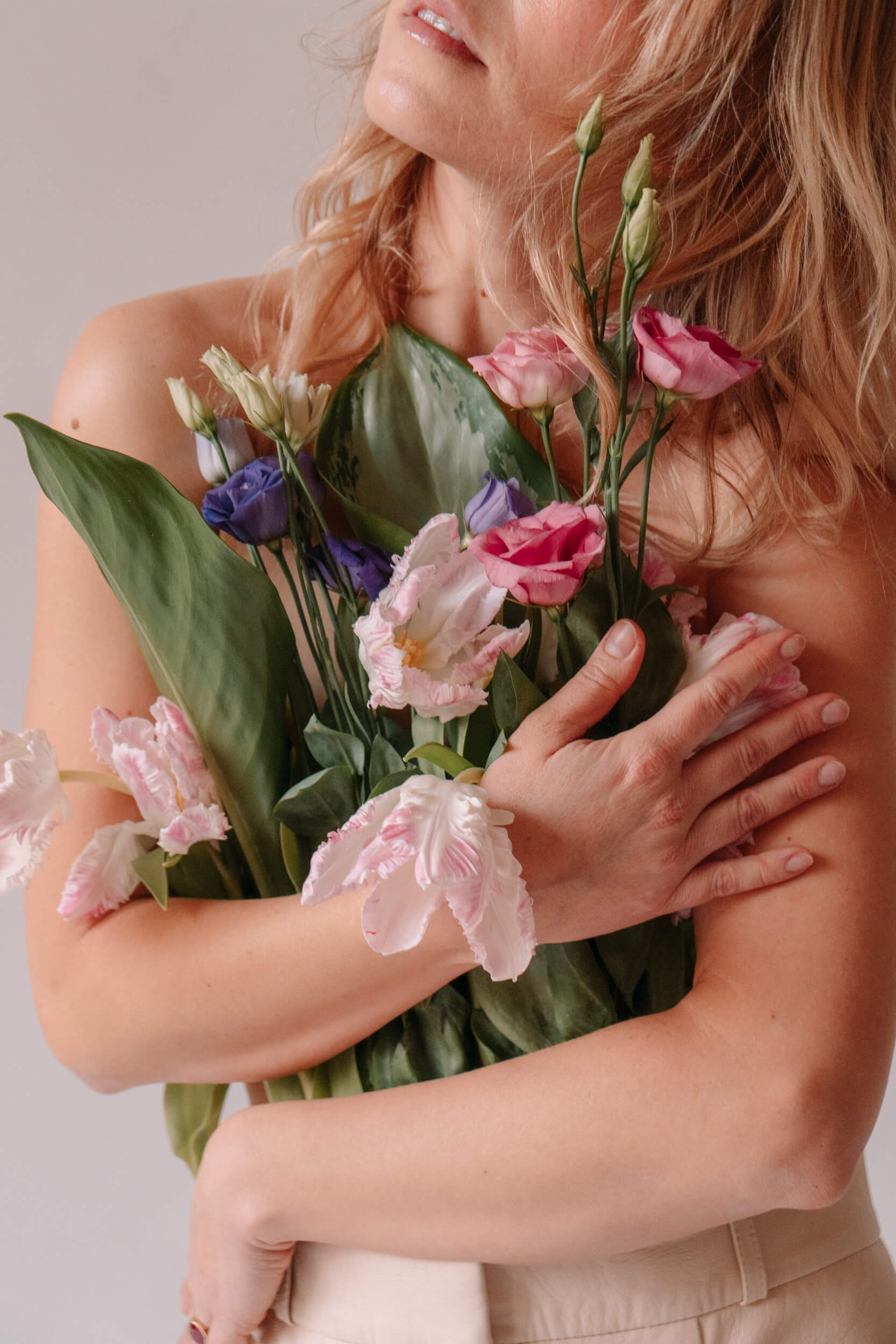
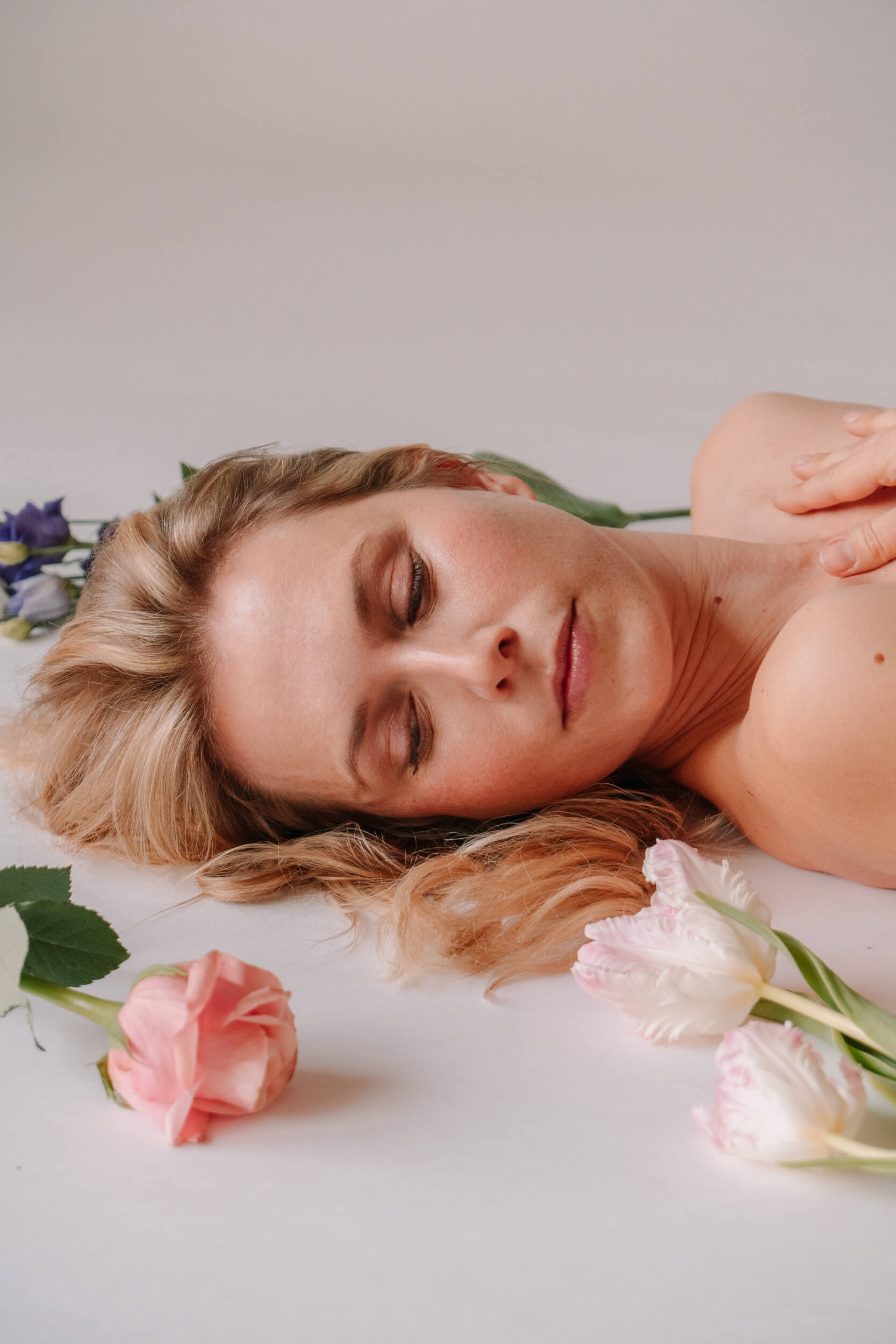
“We added some yoga exercises, with pictures that show them clearly, and some notions about how to make mindfulness part of our days in a practical way, so what is nutrition, what are morning routines, some suggestions I gathered along the road and put into practice myself in the first place.”
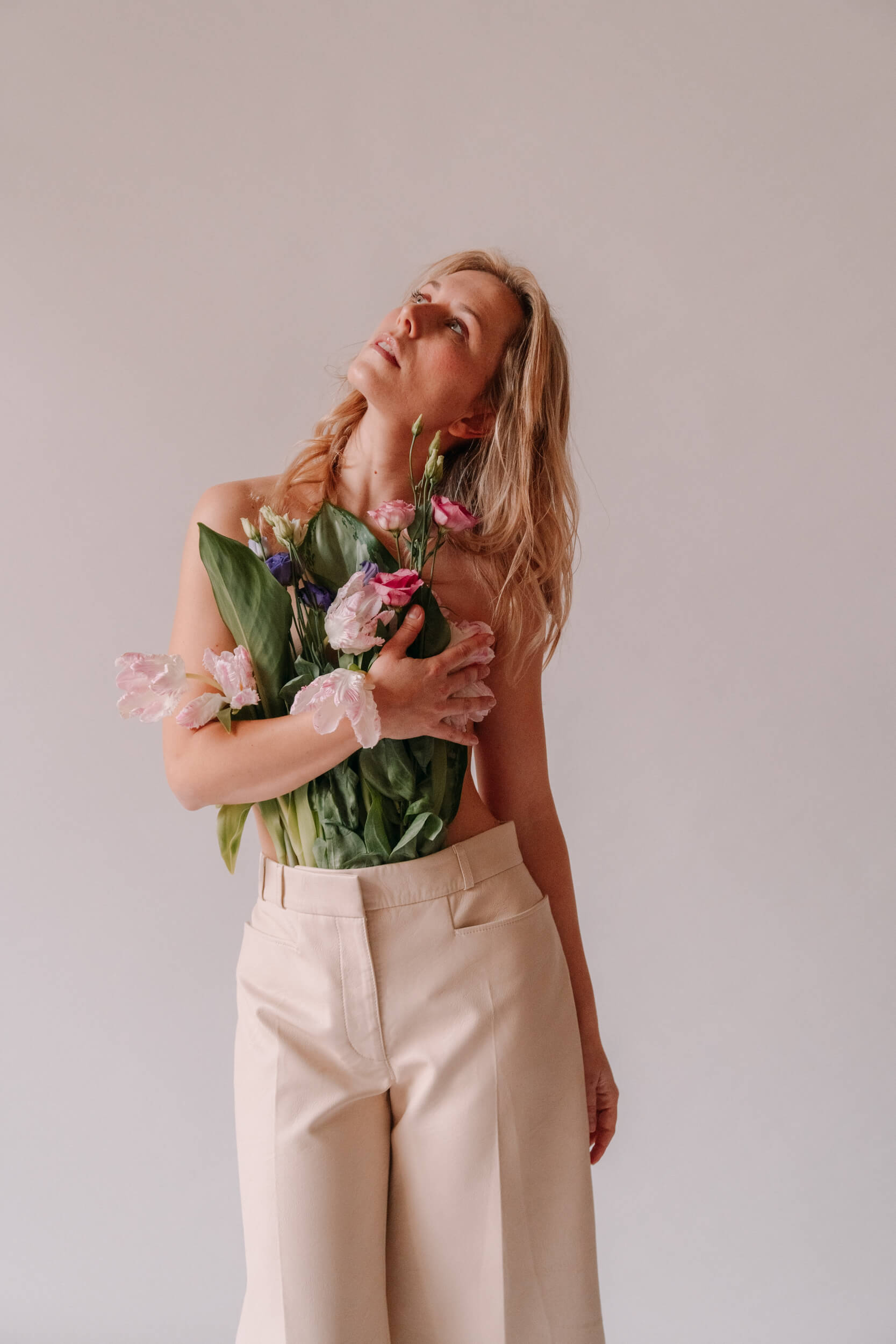
How do you exercise love and acceptance, instead, in a world made of appearances that’s asking us more and more?
That’s exactly what the game is about: it’s easy to be a Buddhist monk and keep your integrity intact, meditate in the middle of the forest, in a temple, far away from the city and chaos; but it’s when you manage to meditate, to bring that same mindfulness in the middle of Wall Street, in the finance, in the superficiality, that’s when you’ve achieved something, right? So, the game is about that, being able to take mindfulness into the present moment. It’s the only way I currently know of connecting to your own self, to your own breath, to this very moment: to go back to the present moment, to go back to your own self, to listen to what’s inside of you so that you’re able to listen to the others and the world, and to decide what’s good for us because we feel it inside, and not because of what they tell us. Once we’re in touch with ourselves, the next steps we’ll make will be right, aligned.
There’s one rule only, always the same one: to go back home, to go back to yourself through breathing.
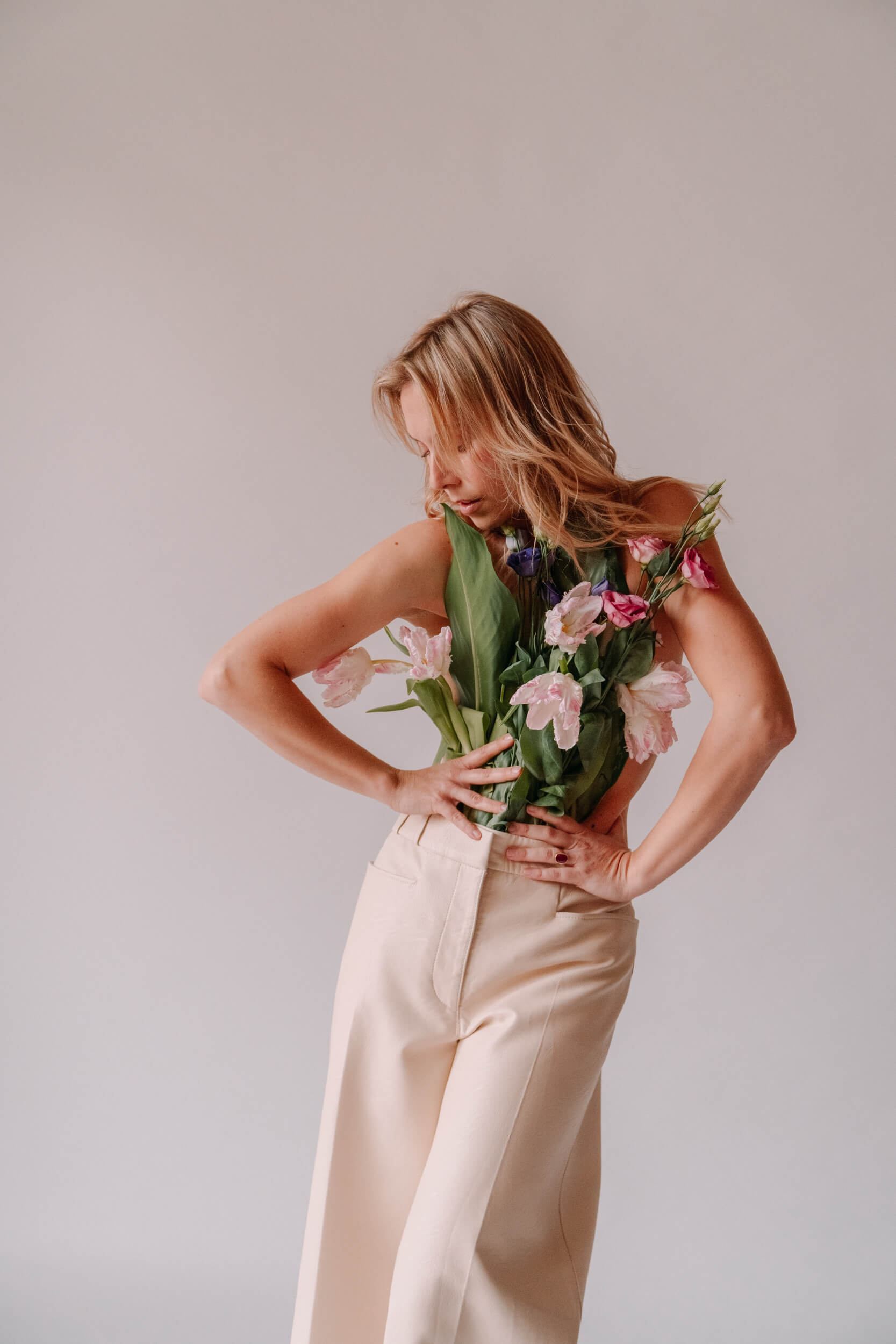
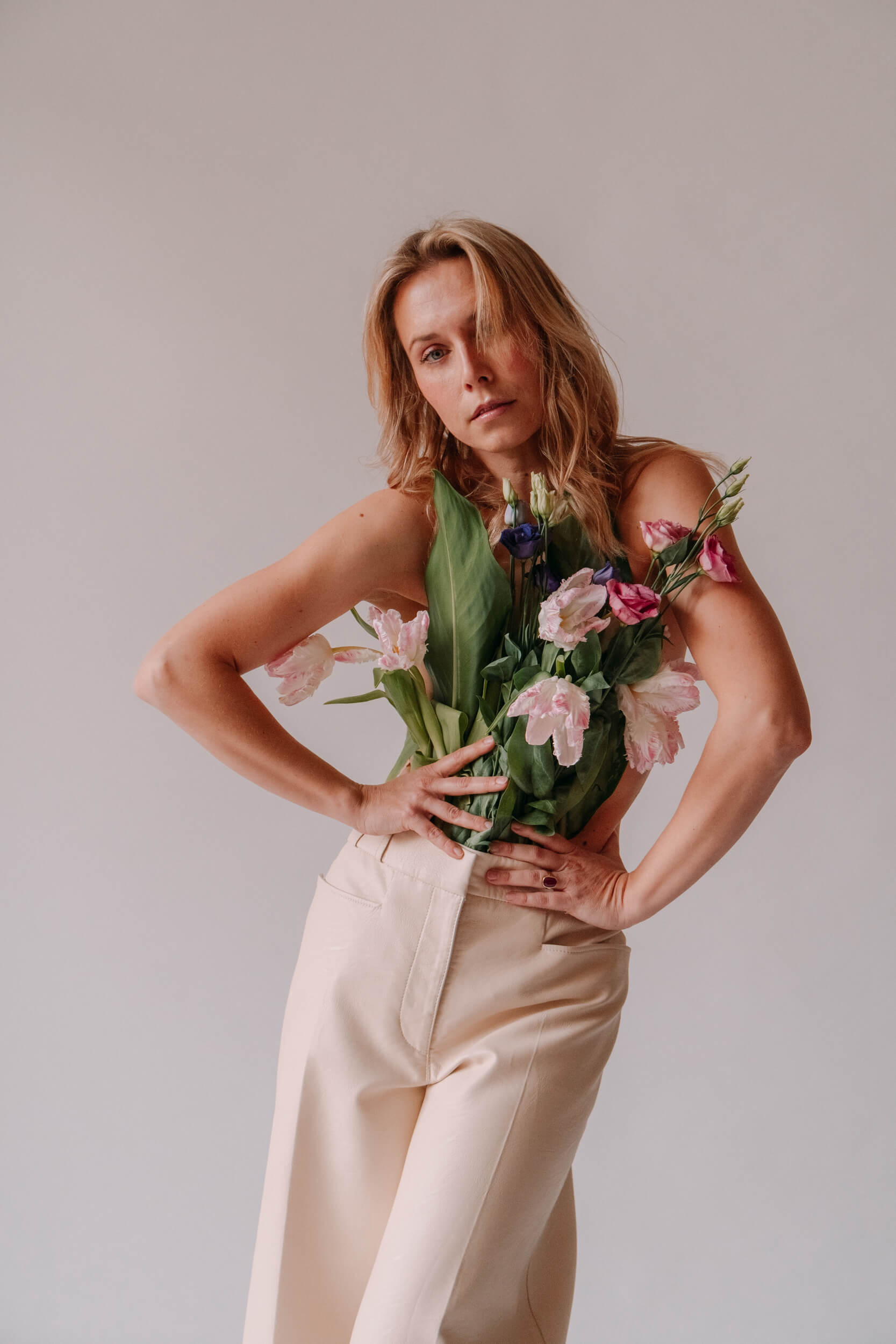
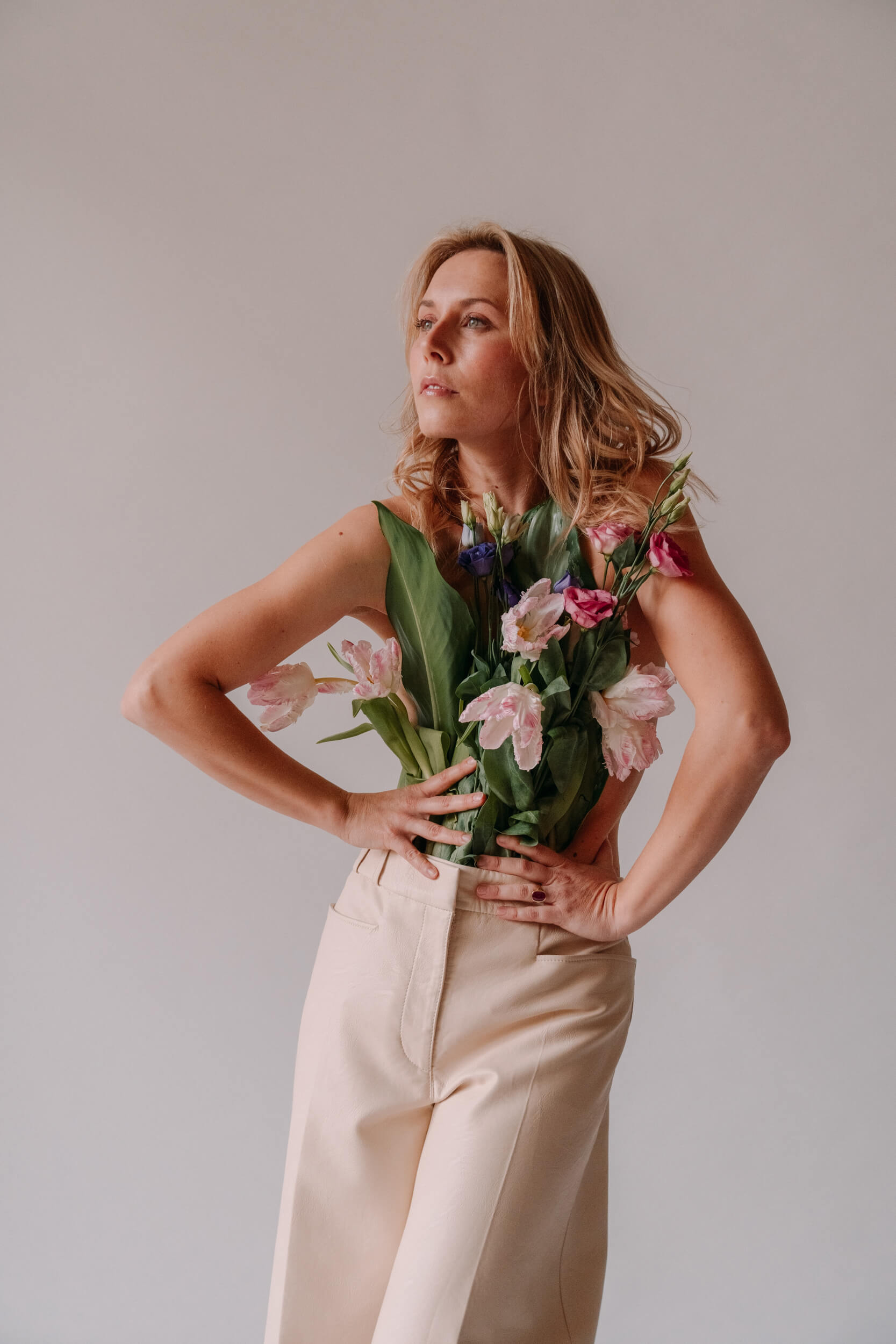
What’s your yoga routine at the moment?
My yoga routine has been the same for several years now, to be honest. Ever since I’ve become a mom, I haven’t really had much time to dedicate to yoga. Obviously, sun salutations, breathing, and taking yoga outside the yoga mat, I think this is my next evolutionary step. How can I be mindful while I’m washing the dishes, while I’m chasing my children who are running around, while I’m cooking? I’ll take breathing and mindfulness at that moment because this is yoga, it takes you home through breathing, it aligns you again. Now, my yoga is more dynamic, more real, it’s practical yoga; I try and always focus on the present moment, on myself, my emotions, my breathing, this is the kind of yoga I’m practicing the most at the moment. I call it “guerrilla yoga” because it’s yoga practice on the street, while you’re walking, while you’re grocery shopping.
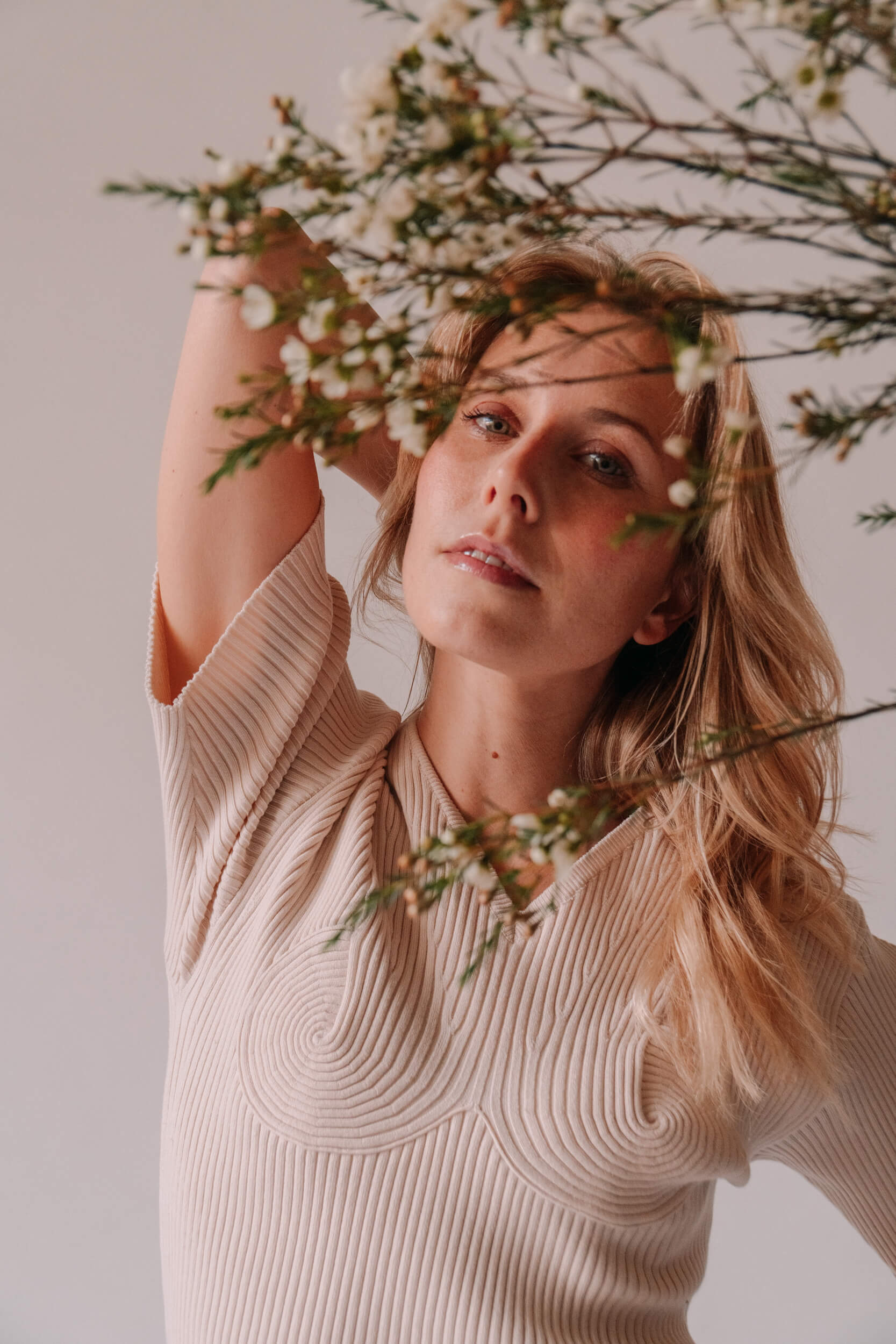
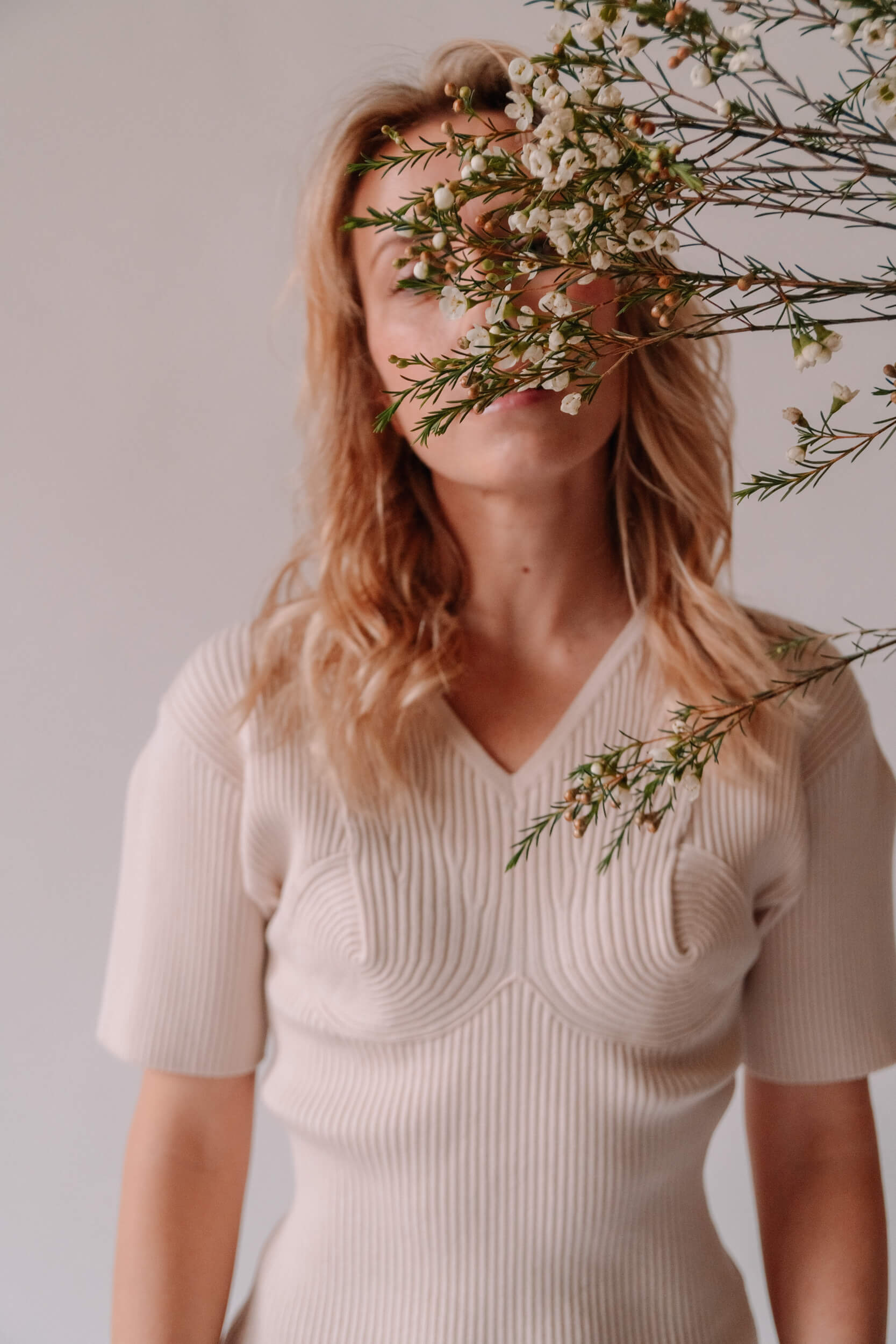
“I try and always focus on the present moment, on myself, my emotions, my breathing, this is the kind of yoga I’m practicing the most at the moment.”
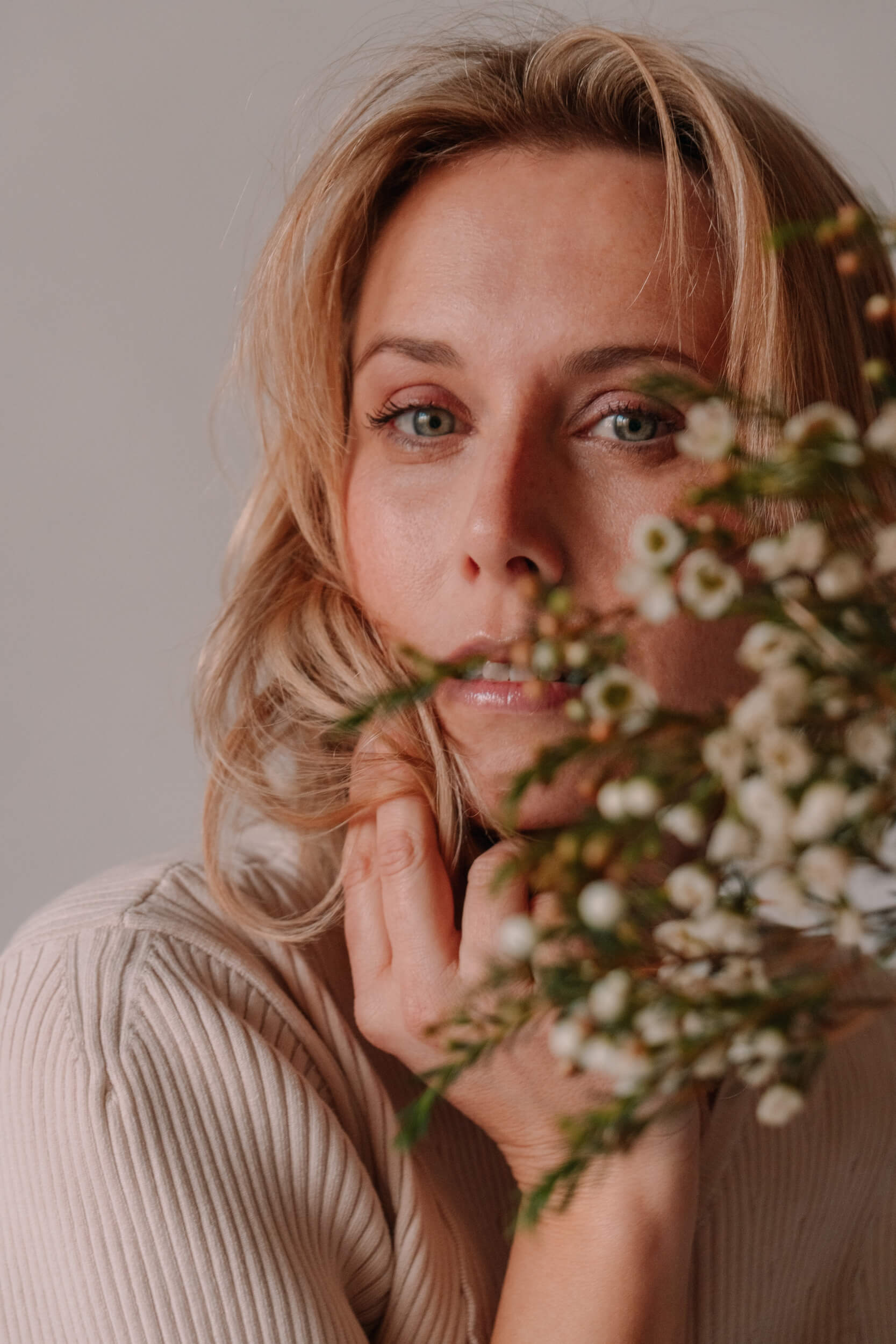
What does “feeling comfortable in your own skin” mean to you?
Everything we’ve been saying so far, breathing inside, accepting all my imperfect sides, all my dark sides, my emotions, that I can’t always control, that are not perfect, so this kind of awareness; also means to be able to let go what I can’t control, to resume power within myself, and understand my value, as well: once I’m in touch with myself again, I become aware of my value, so I don’t accept anything that goes against me, that undermines my person. This is what feeling comfortable in my skin means to me. If I think about the women I admire the most, they’re all women who are well aware of their own value because they’ve decided to love themselves, and this is very sexy to me.
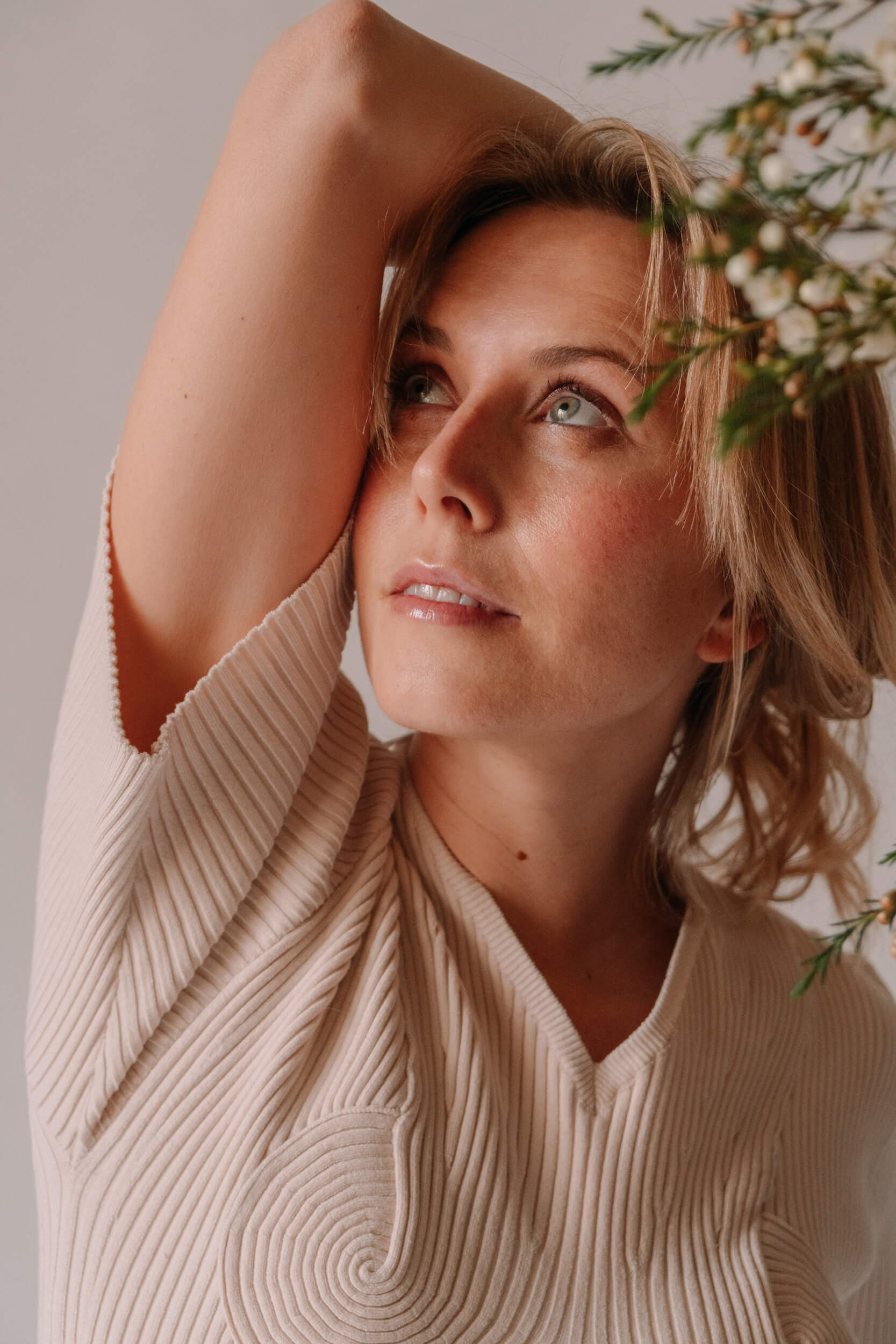
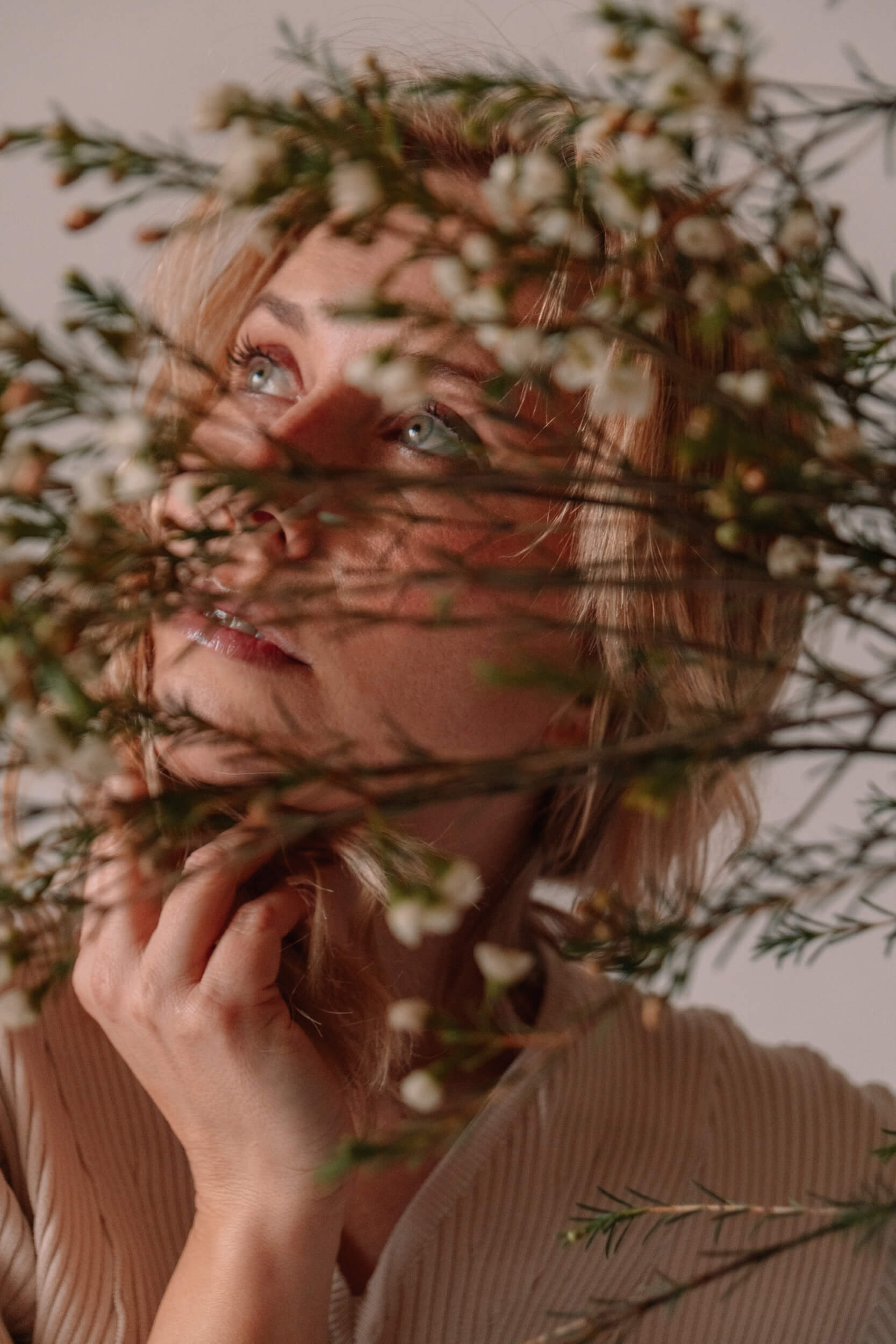
Your favorite food for your body and soul.
Water [laughs]. Water is really powerful, it’s what I take every morning as soon as I wake up, two or three glasses of water, and it’s what I always keep with me during the day. Water as an element is incredible, not only for diving into it between the waves but to be put inside your body as often as possible. We’re 80% made of water, we need to drink a lot. And then ginger. I love ginger, those ginger shots I drink from time to time, they’re ginger extracts that I sometimes feel like are really good for my body and soul.
Your happy place.
Right now, it’s when my children come into my bed in the morning and hug me. That’s my world, the place where I feel the happiest at the moment.
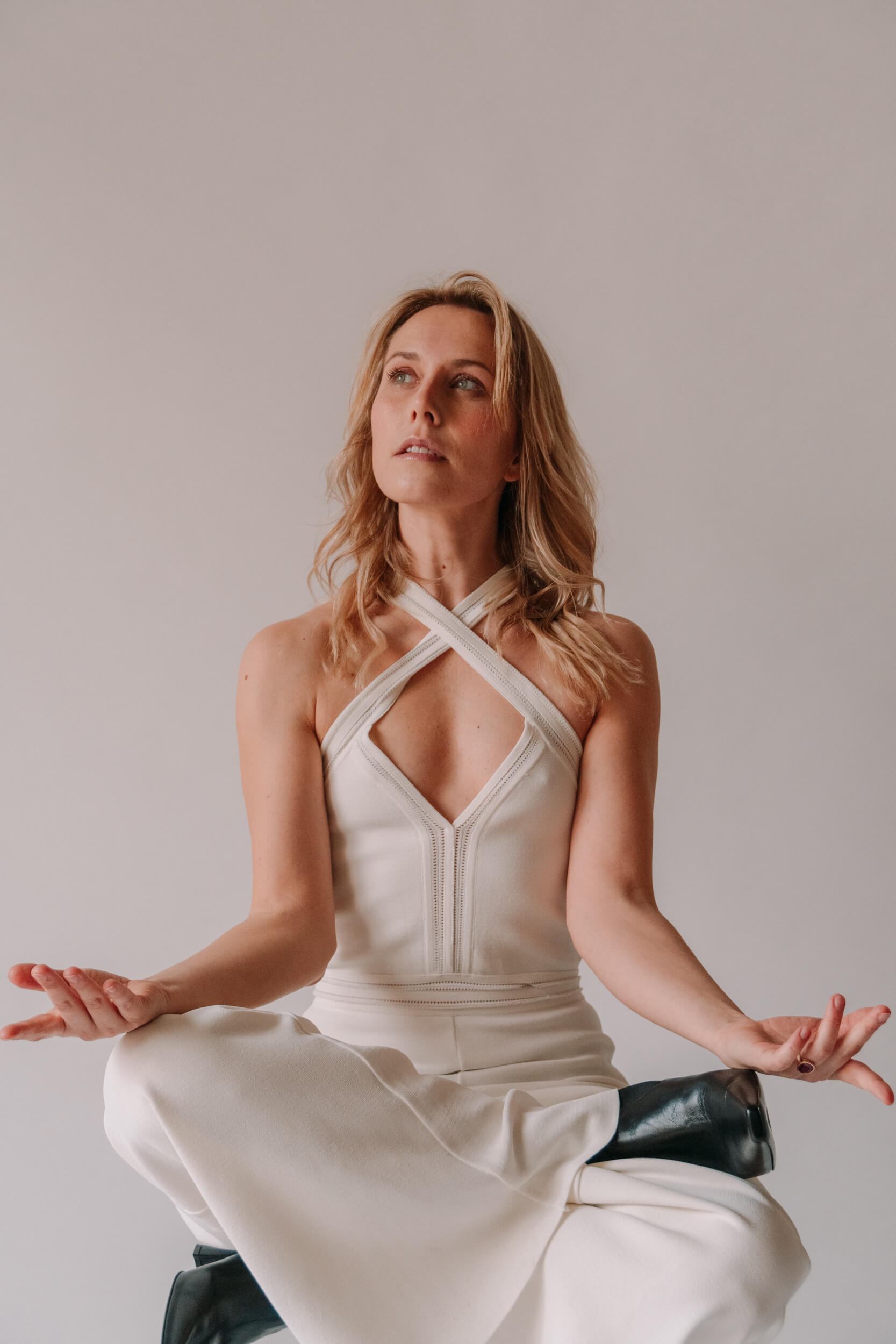
“Water is really powerful.”
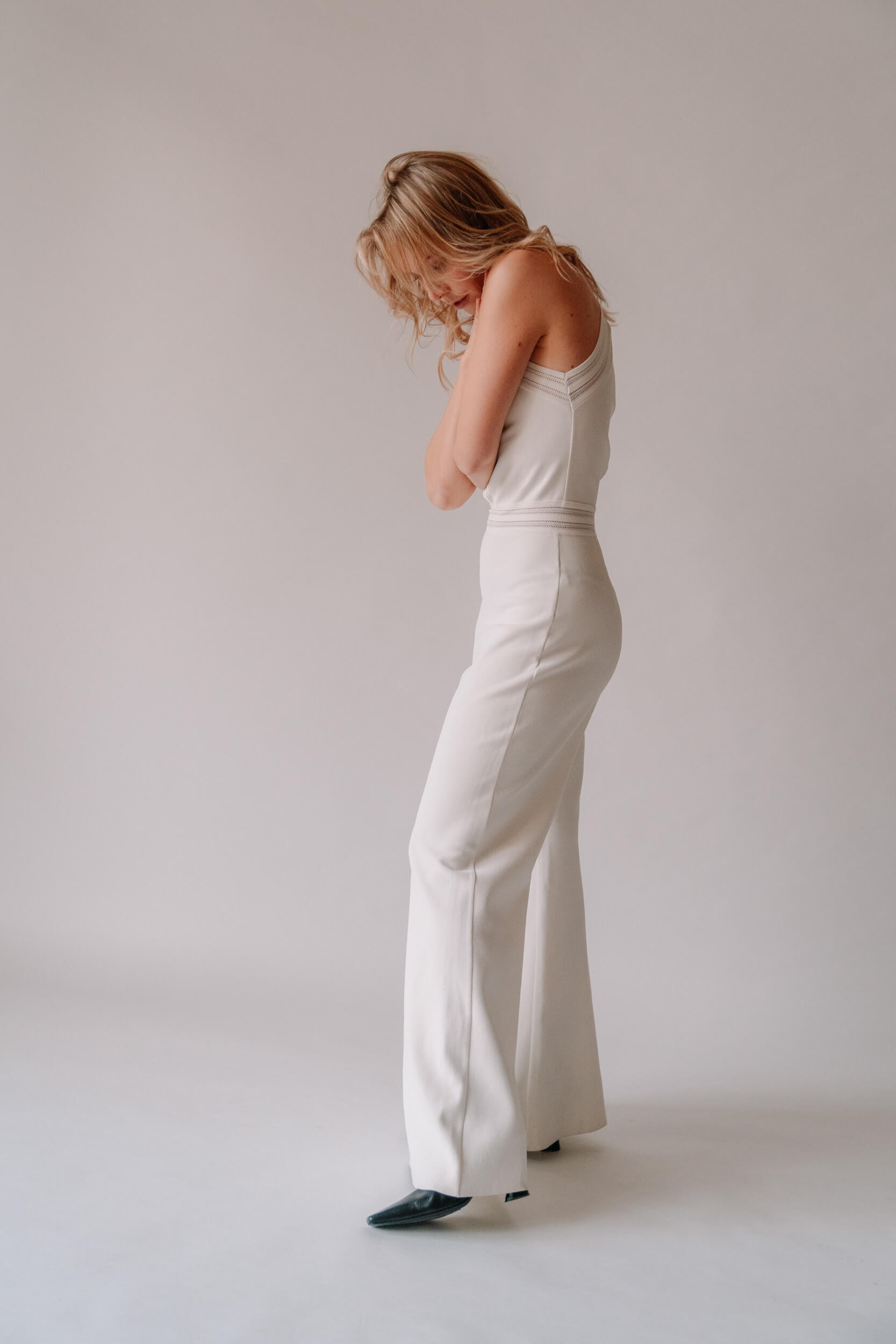
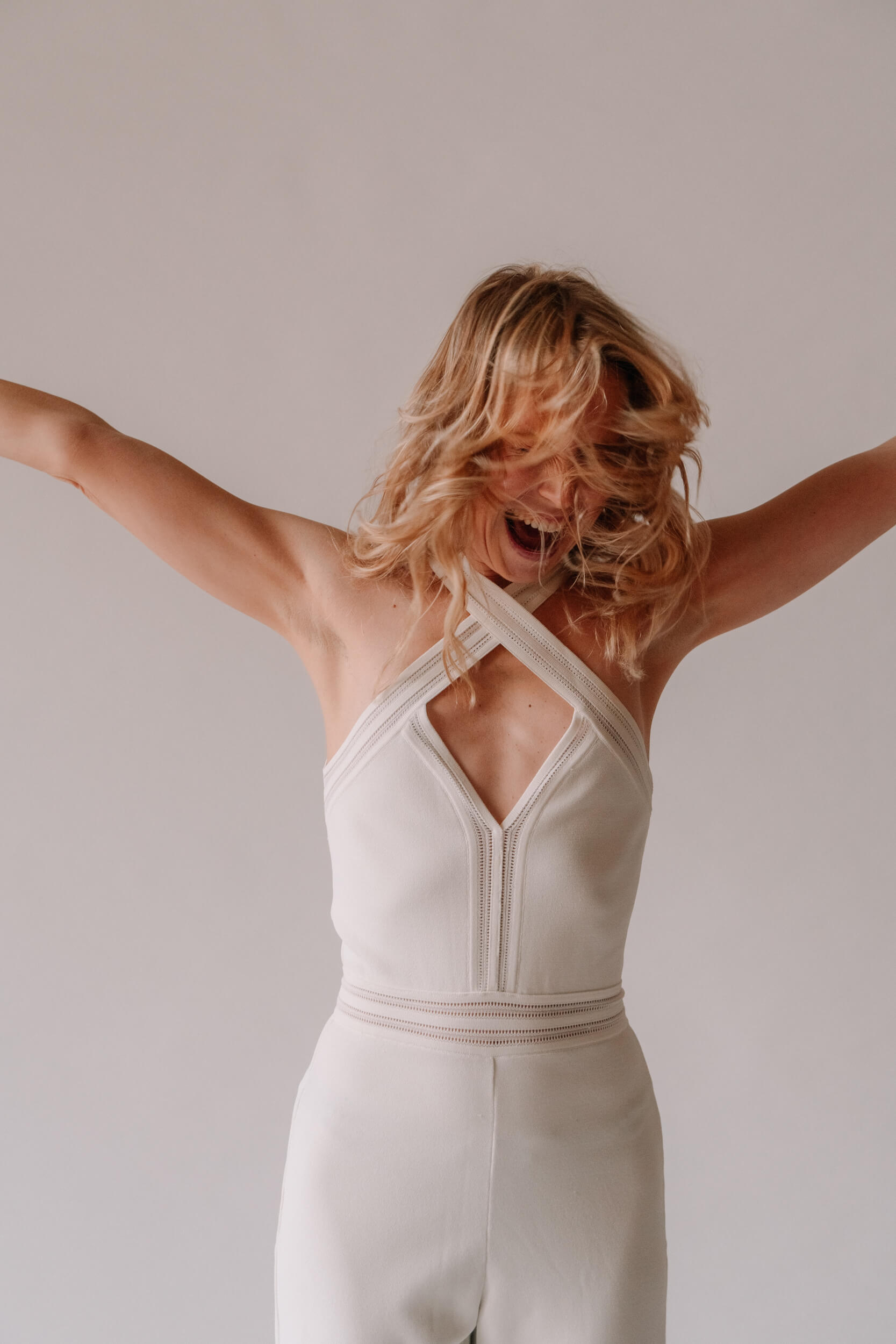
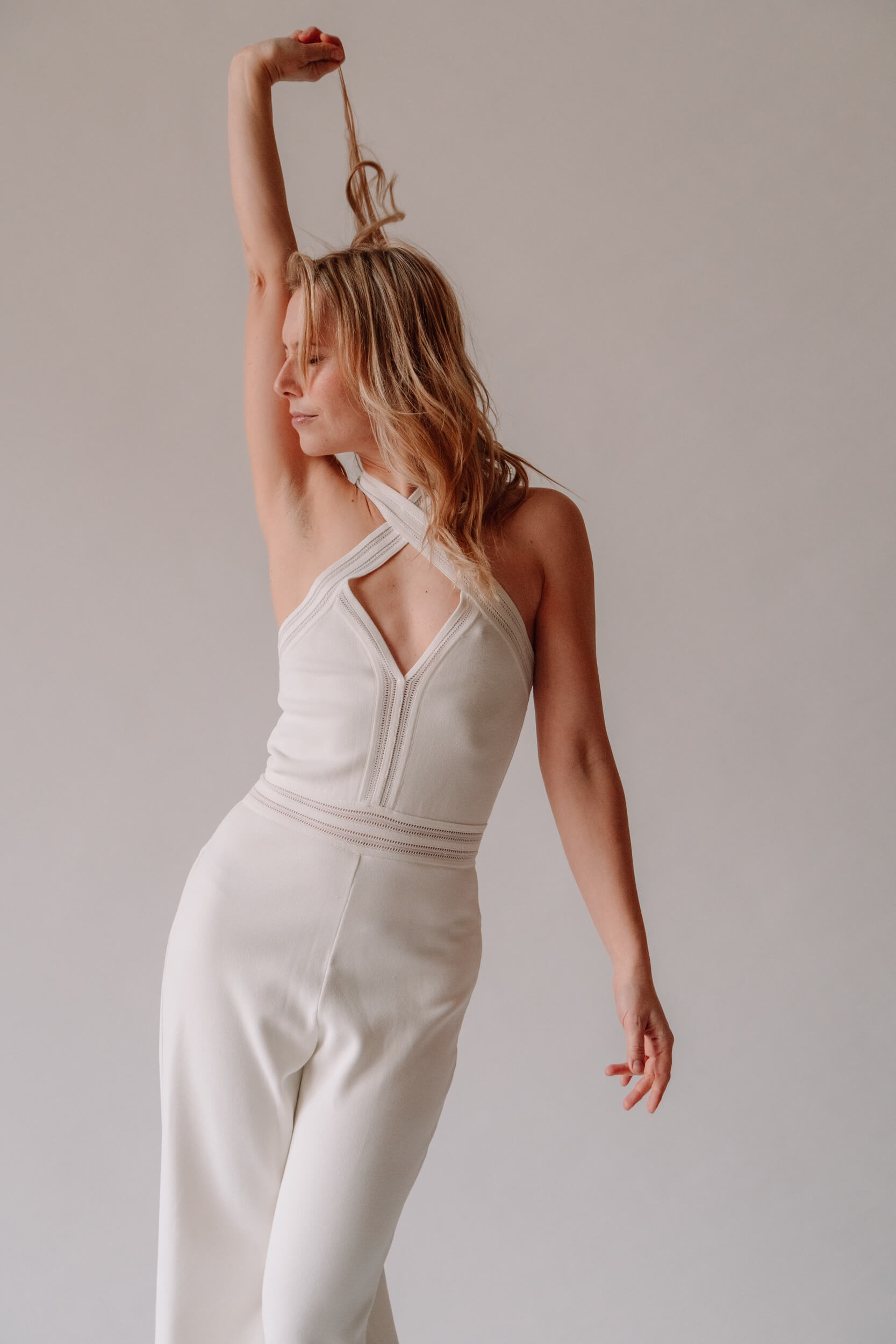
What’s the book on your nightstand?
At the moment it’s “Light on Life” by Iyengar, but for a very long time it’s been – and it still is, because I go back to it from time to time – “Untamed” by Glennon Doyle, it’s a wonderful book and I can’t wait for it to be translated in Italian because it’s about the resumption of power. She’s amazing, I’ve also read “Love Warrior” written by her, she’s an author I admire so much, I follow her on Instagram and she’s a real love warrior, a light, total acceptance, resumption warrior, in this book she really talks about resumption of power and in such a strong, truthful way. I also really loved “Women Who Run with the Wolves” by Pinkola Estés, once again a book about the resumption of power.
What’s in your future?
My next project is to keep expanding, enlarging, including, learning to trust myself more and more, to love myself more and more, and find happiness “here and now” more and more, no matter what, whether things go right or wrong. Obviously, I have many work projects, movies, other books I’d like to write, but I think the biggest one is to be able to be happy here and now.
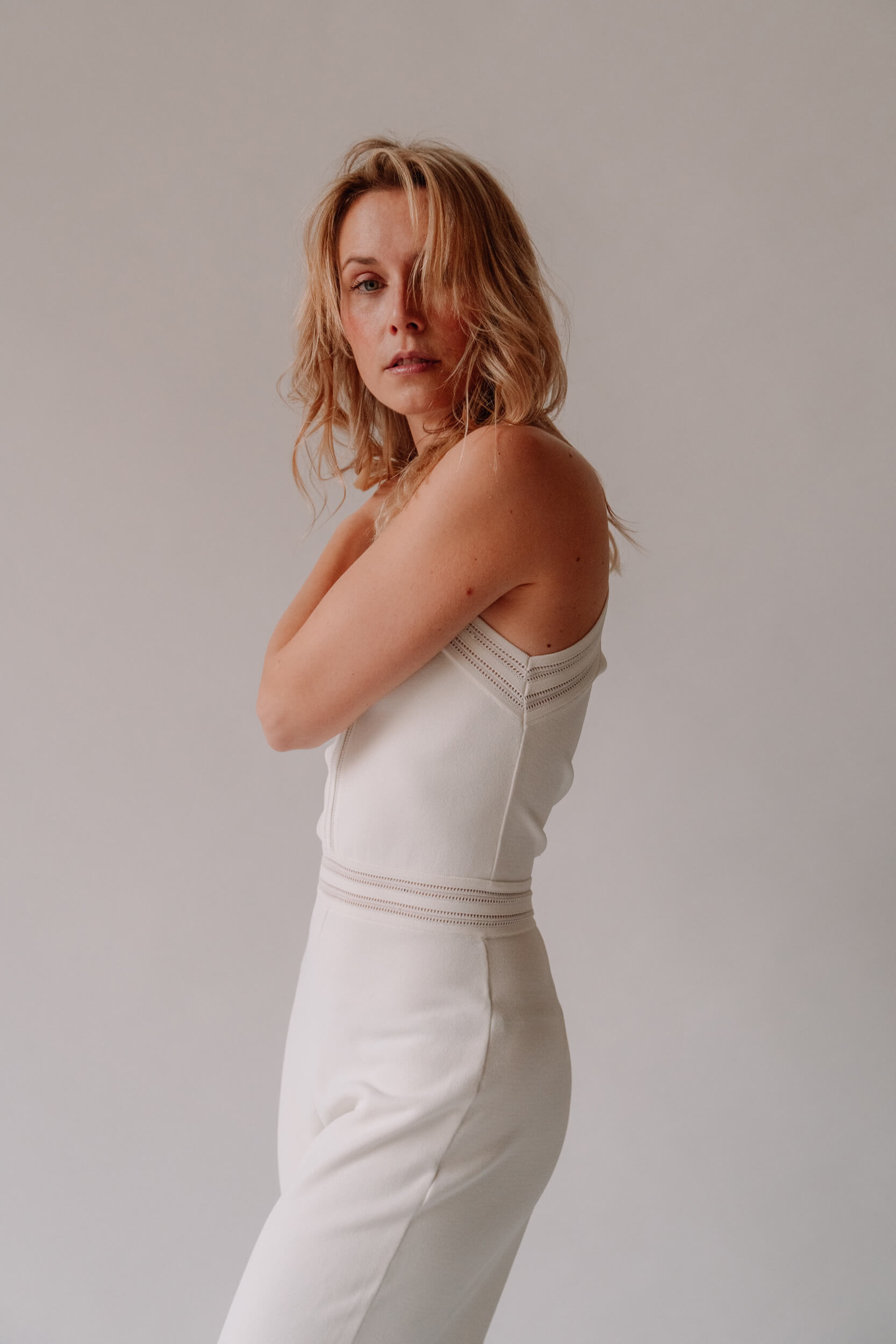
“Be able to be happy here and now.”
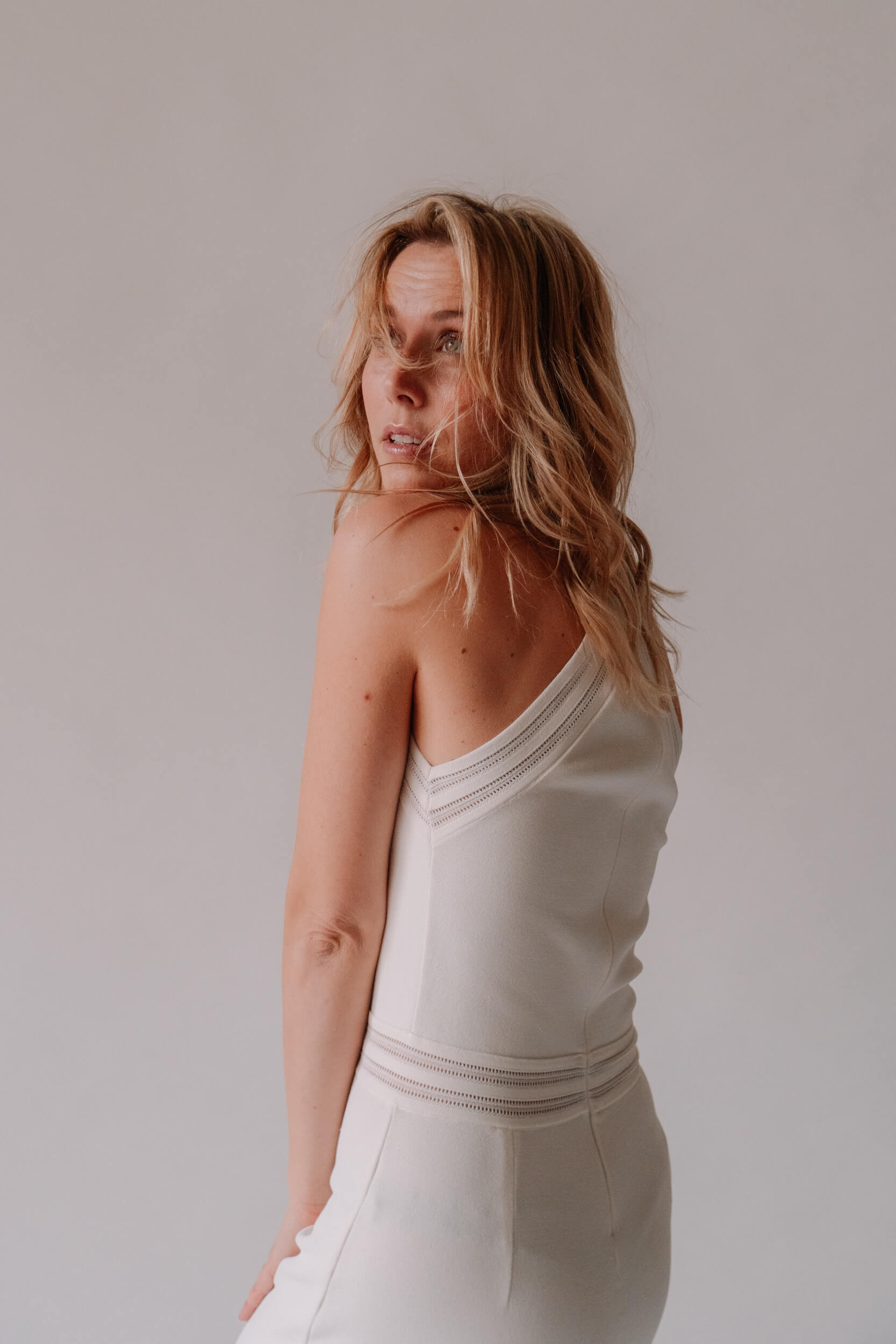
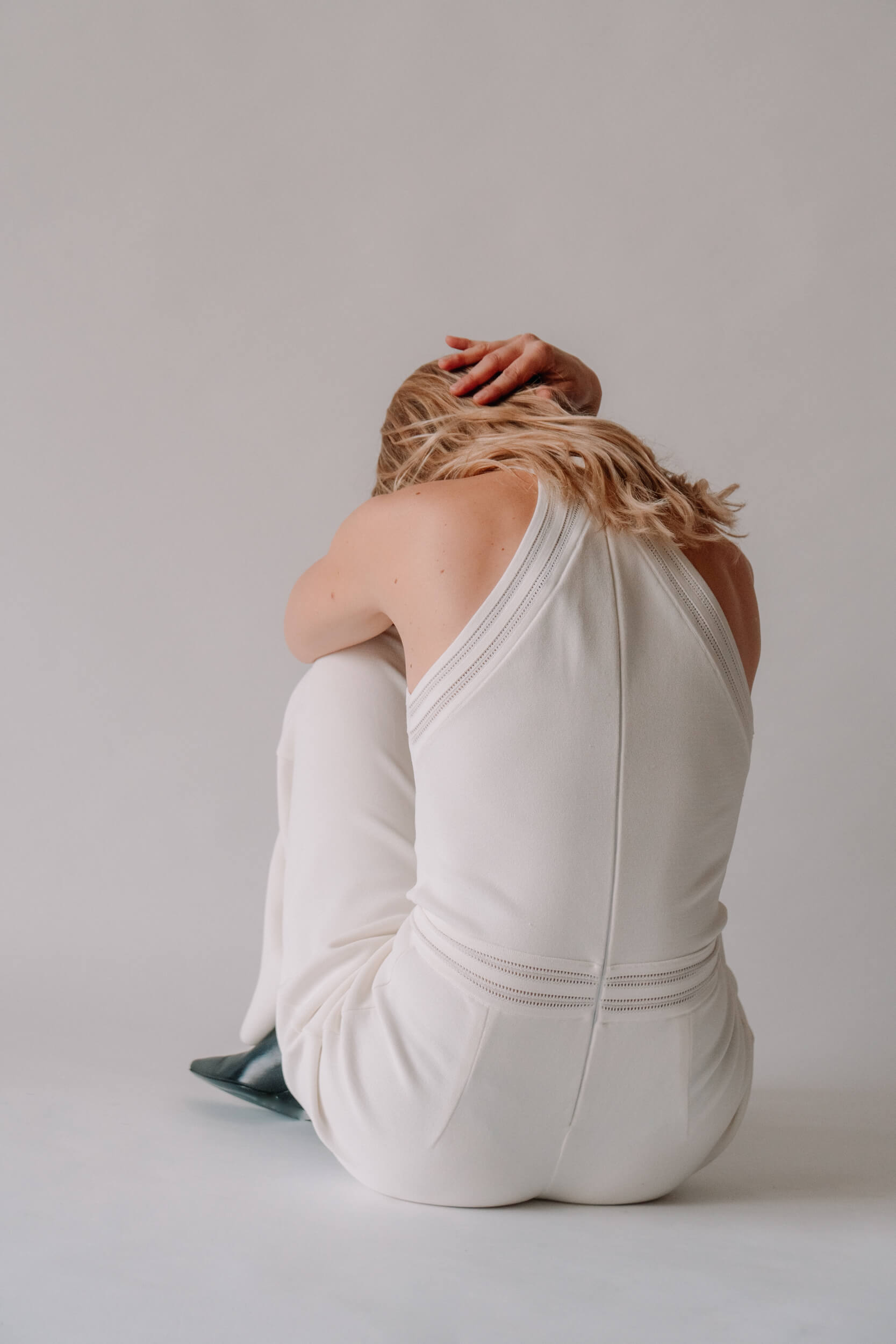
Photos by Johnny Carrano.
Follow Margot here.
Styling by Sara Castelli Gattinara.
Makeup and hair by Vanessa Vastola.
Thanks to Other srl.
LOOK 1
Dress: Wolford
LOOK 2
Dress: Wolford
LOOK 3
Trousers: Stella McCartney
LOOK 4
Shirt: Stella McCartney
LOOK 5
Jumpsuit: Stella McCartney
Vegan Shoes: Kallistè

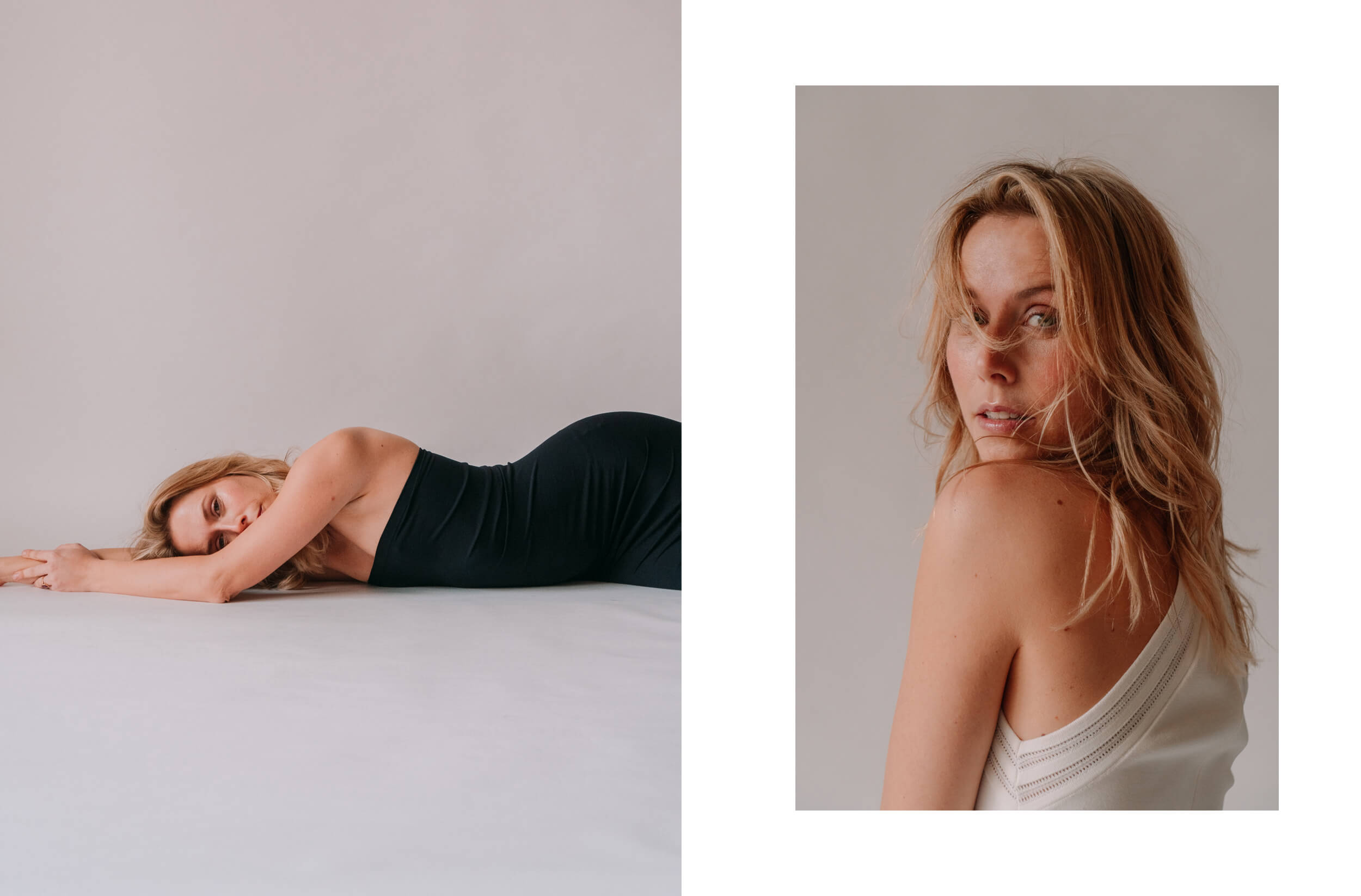
![Interview with Dr. George Gaitanos [Chief Operating and Scientific Officer of Chenot]: Giving meaning to time](https://www.theitalianreve.com/wp-content/uploads/2025/04/LAlbereta-dalla-Vigna-Leone-300x200.jpg)

